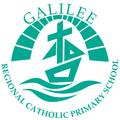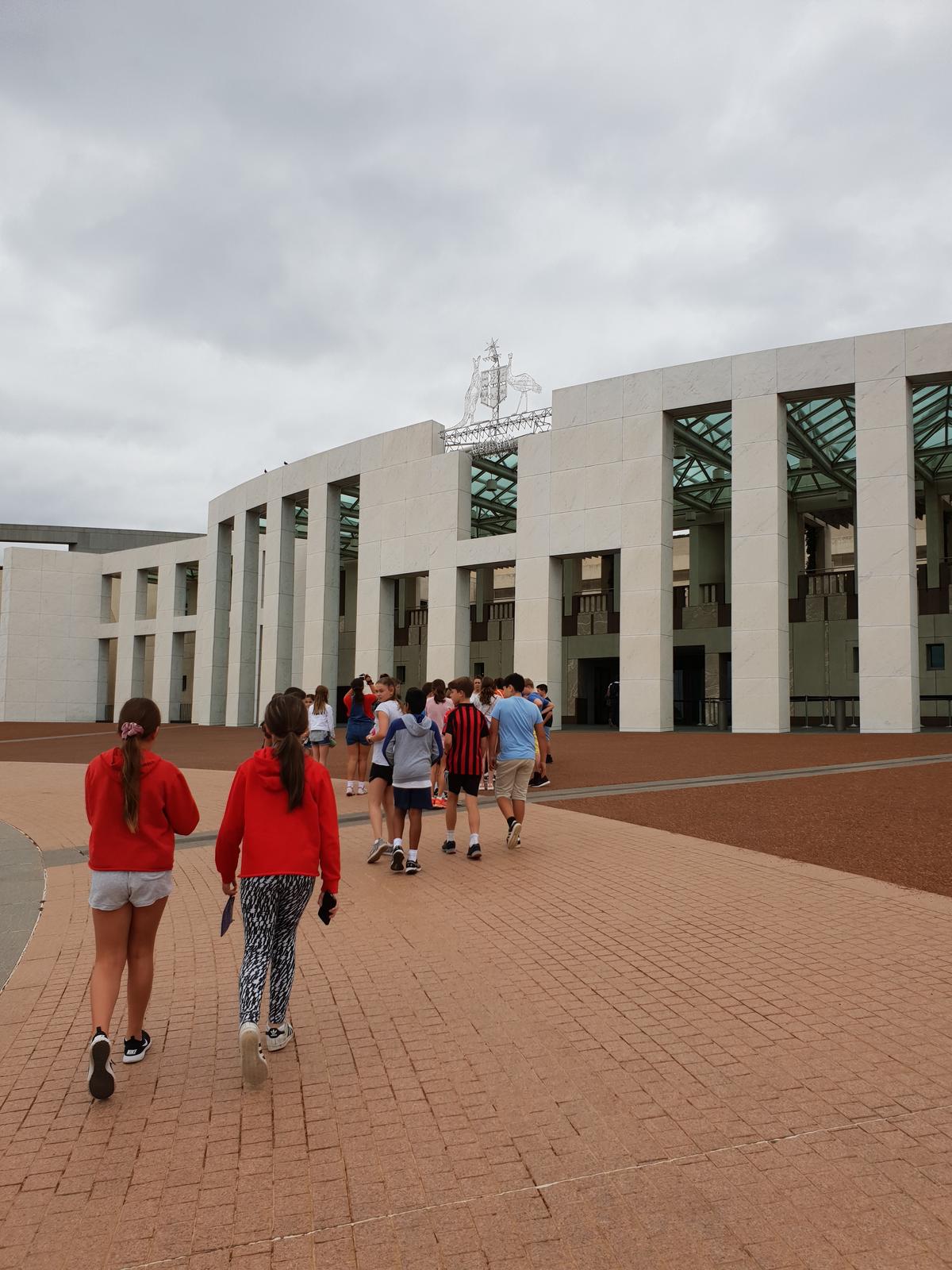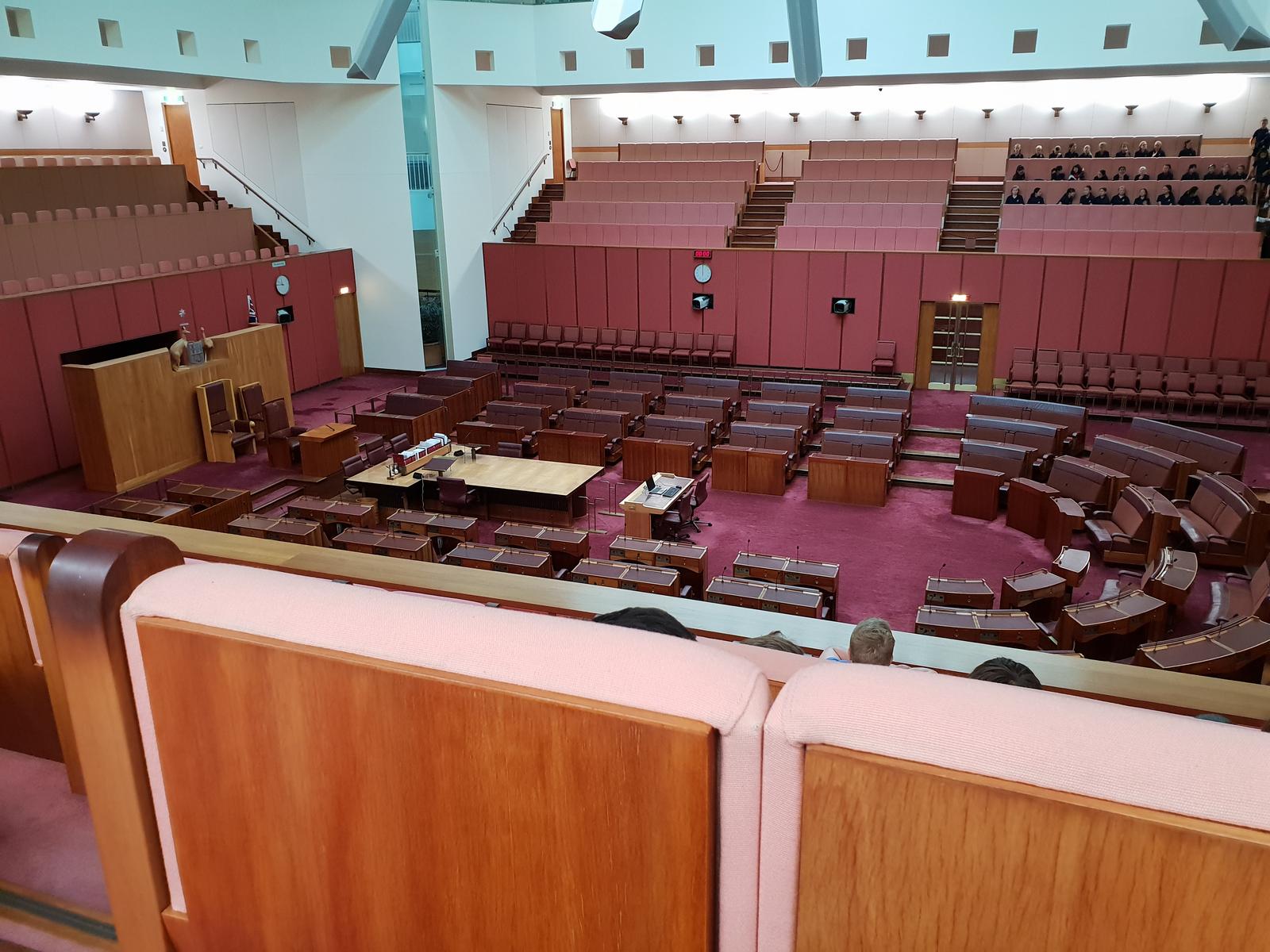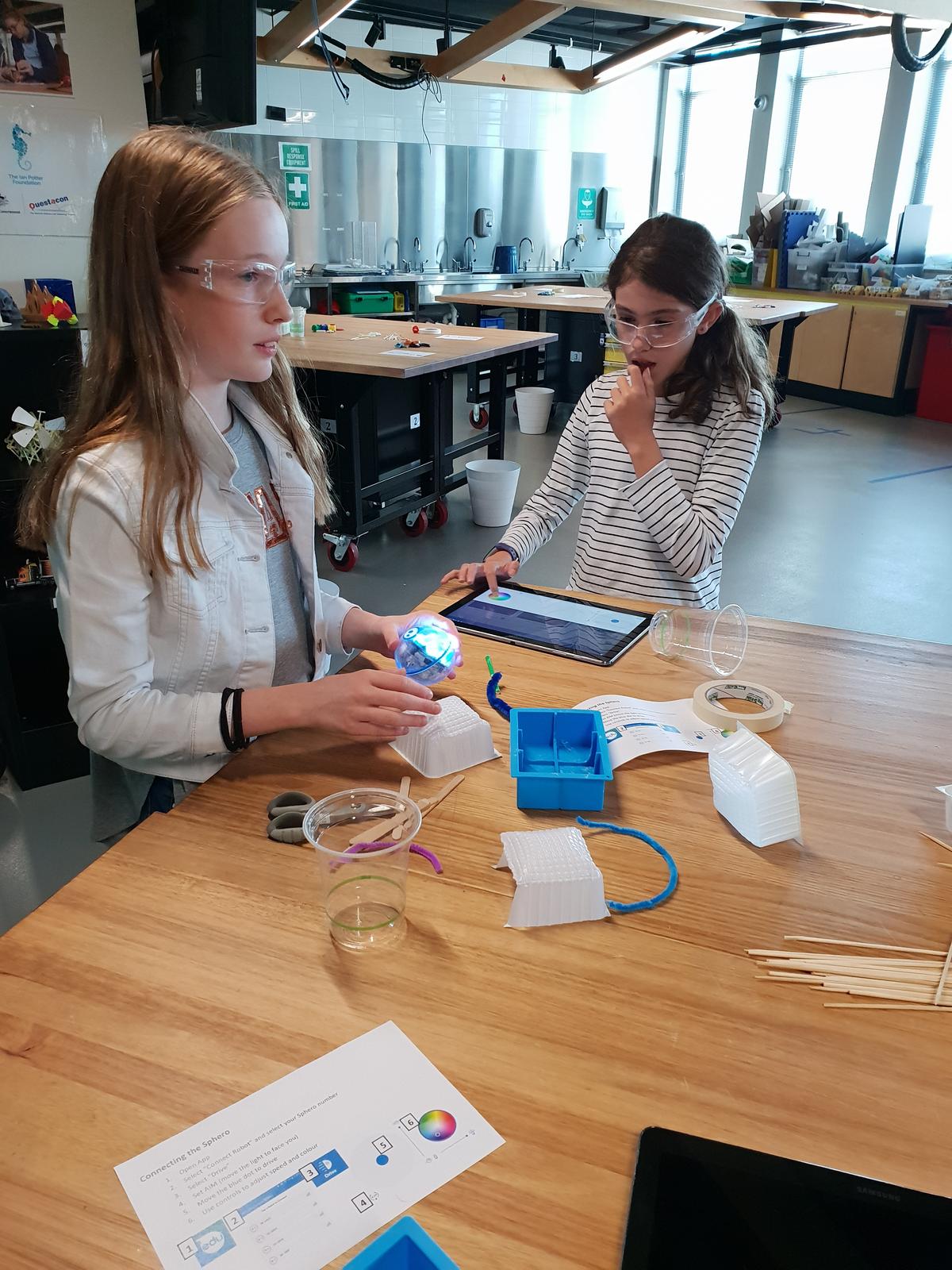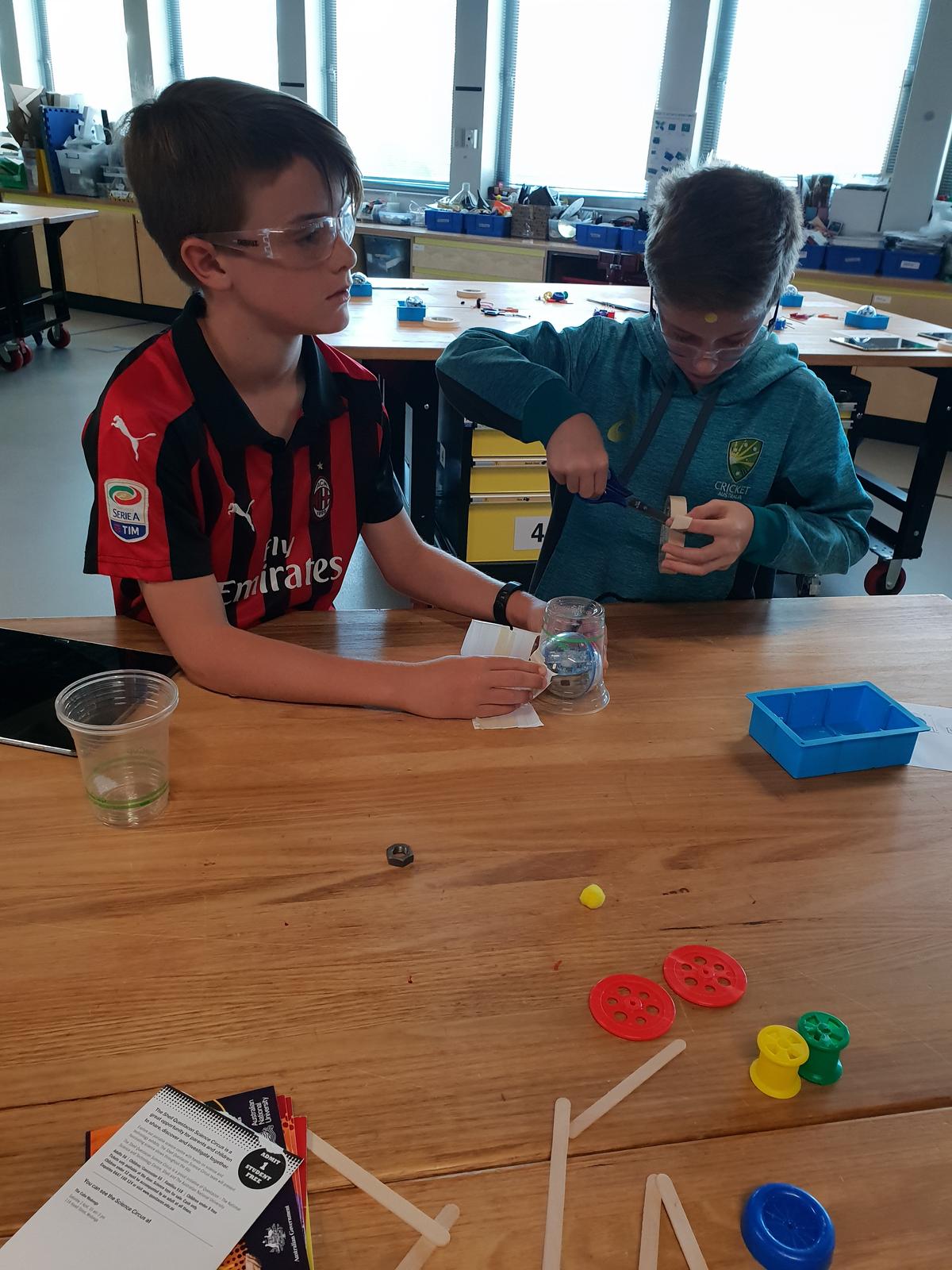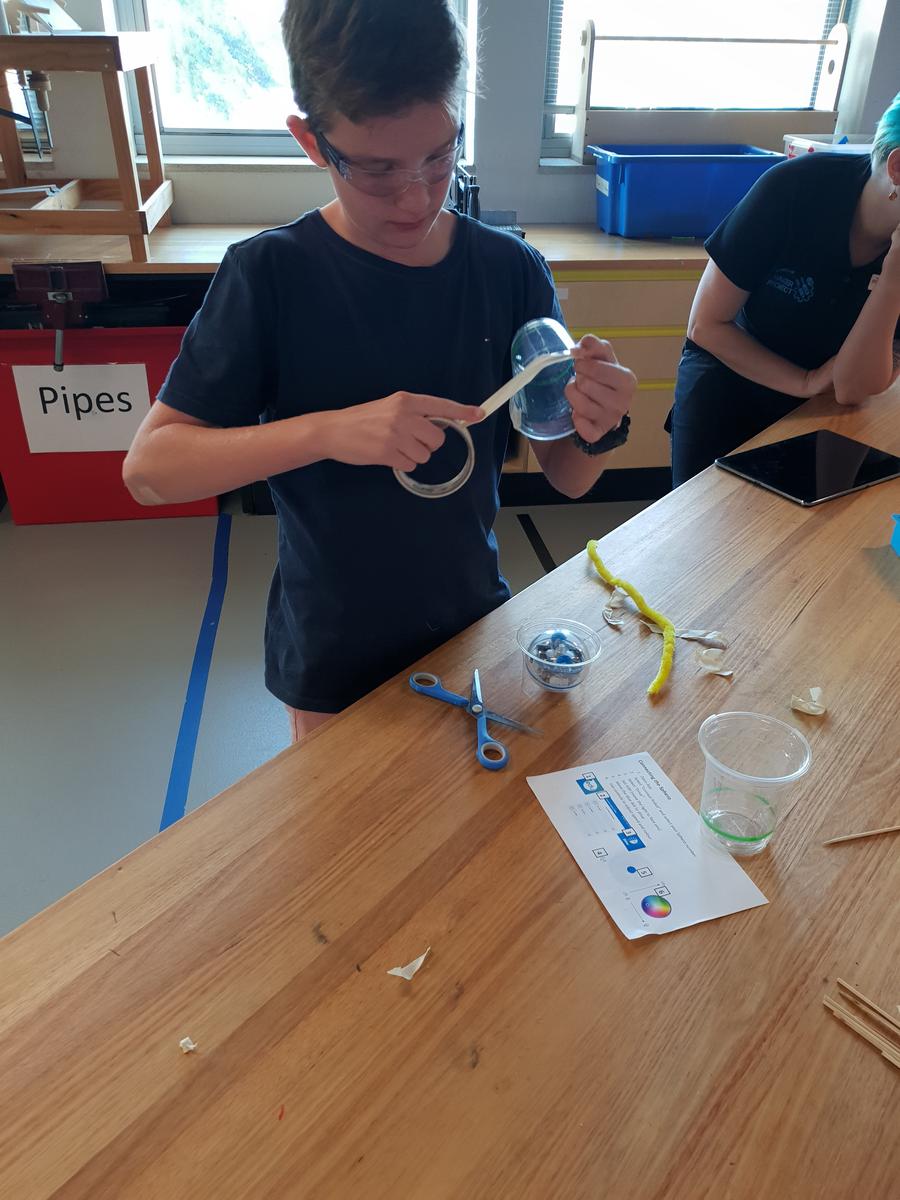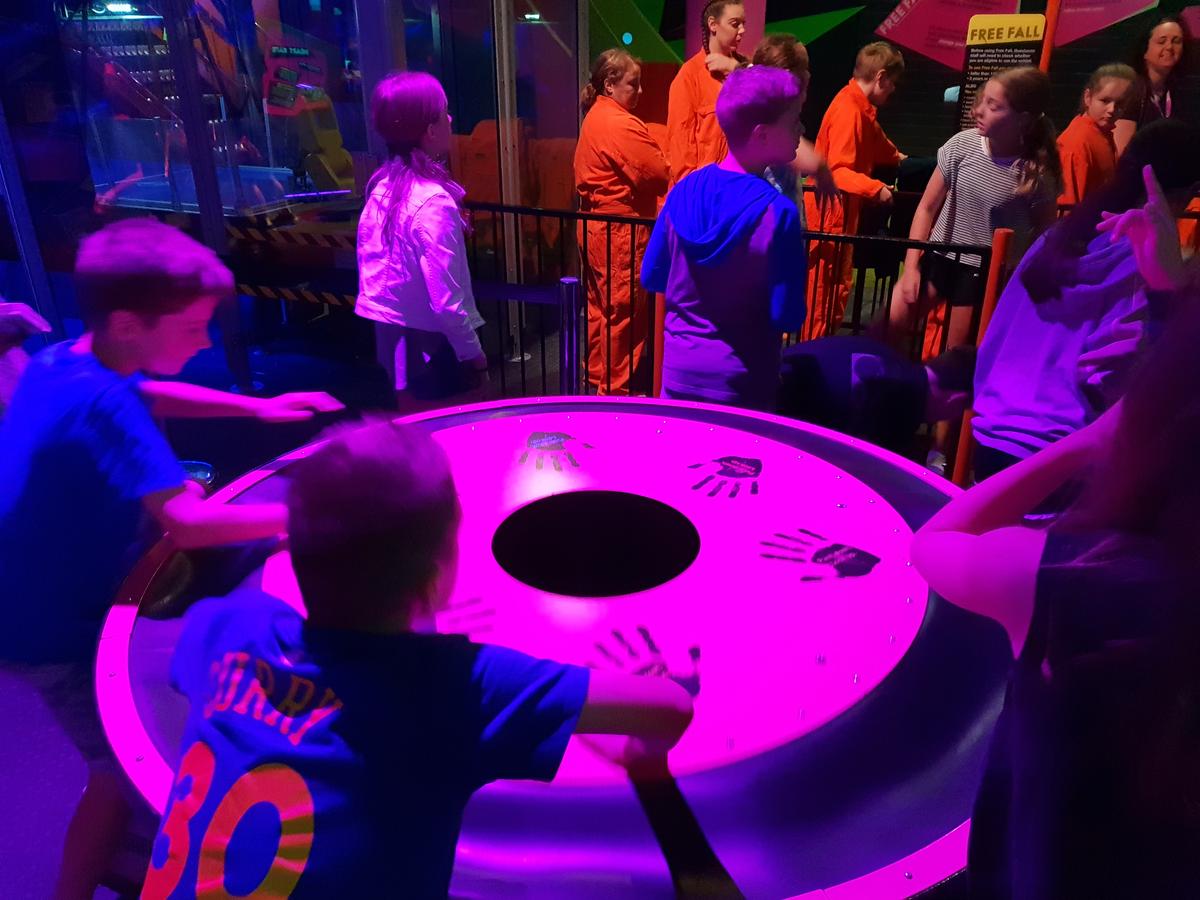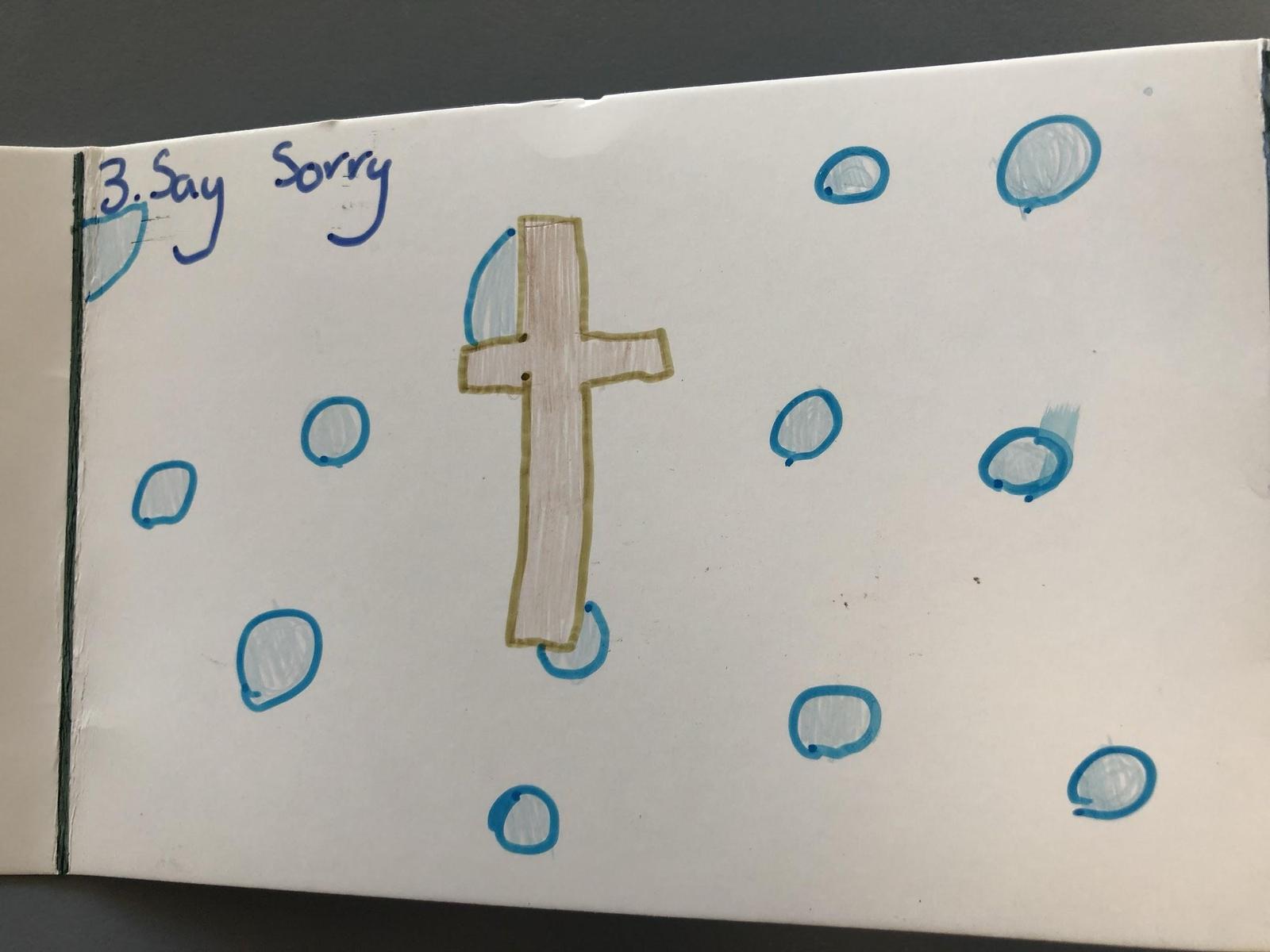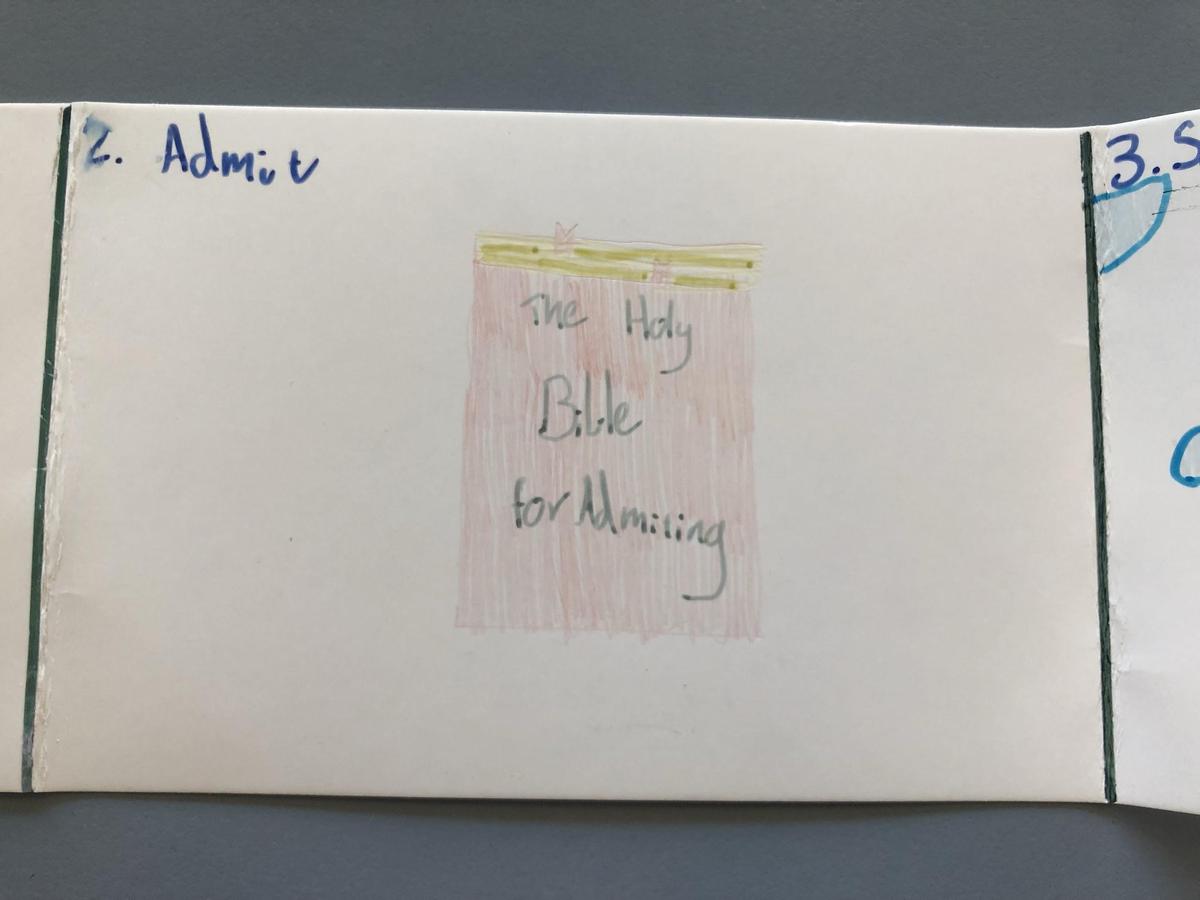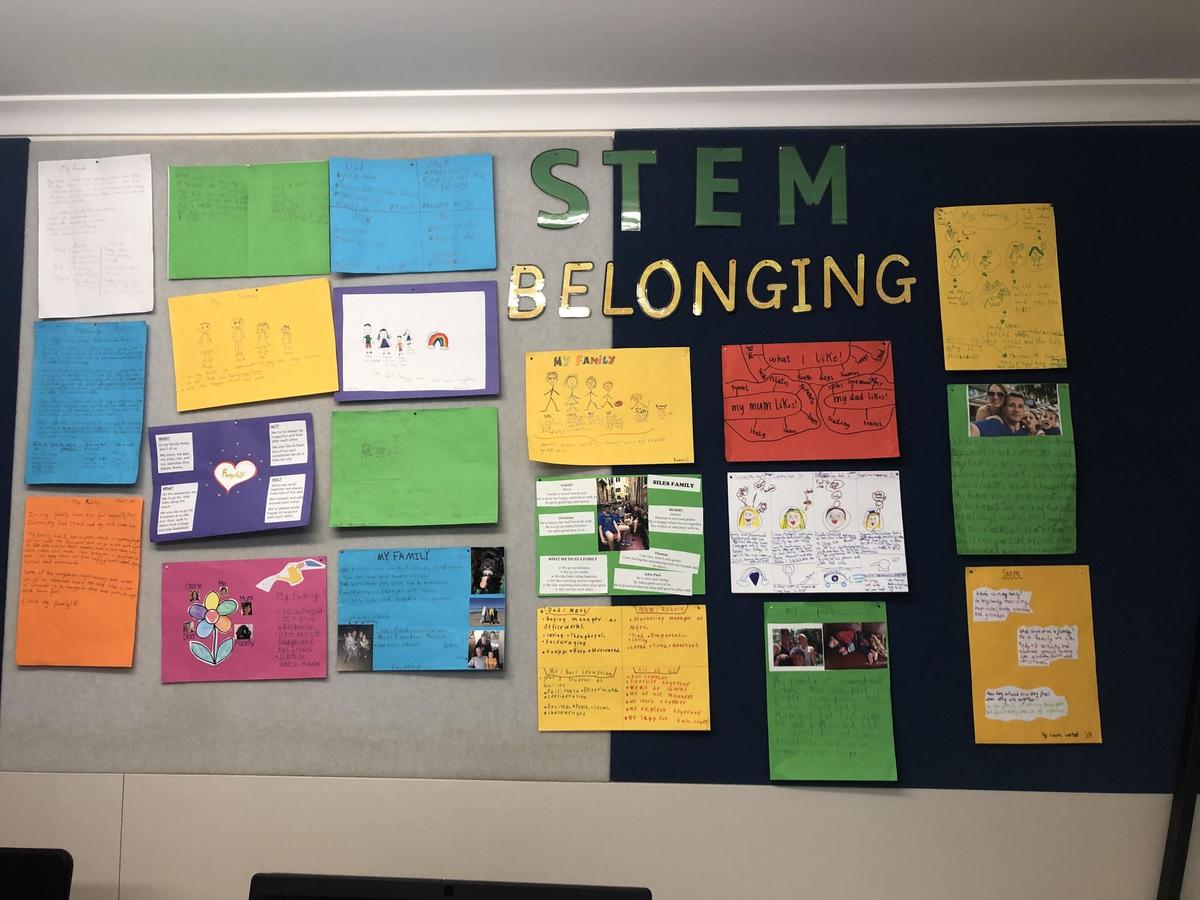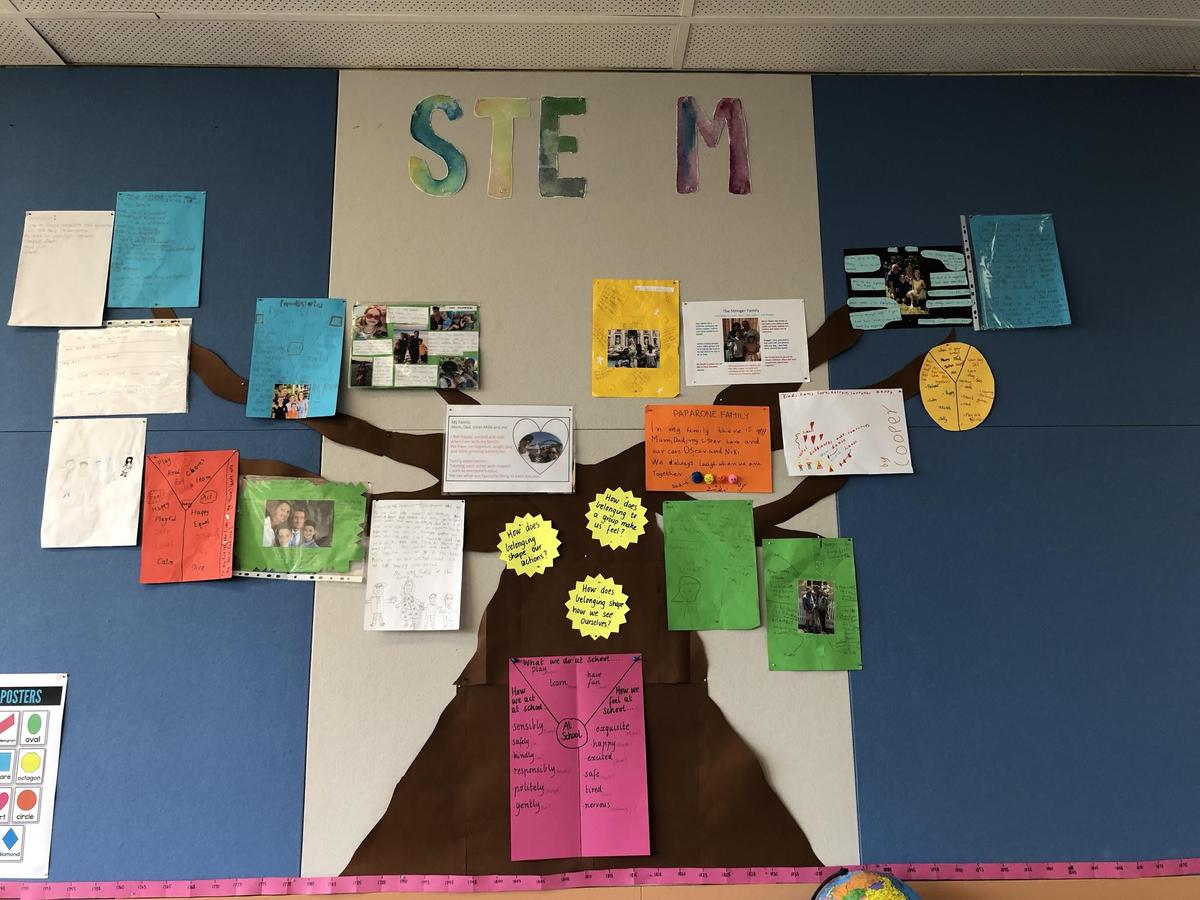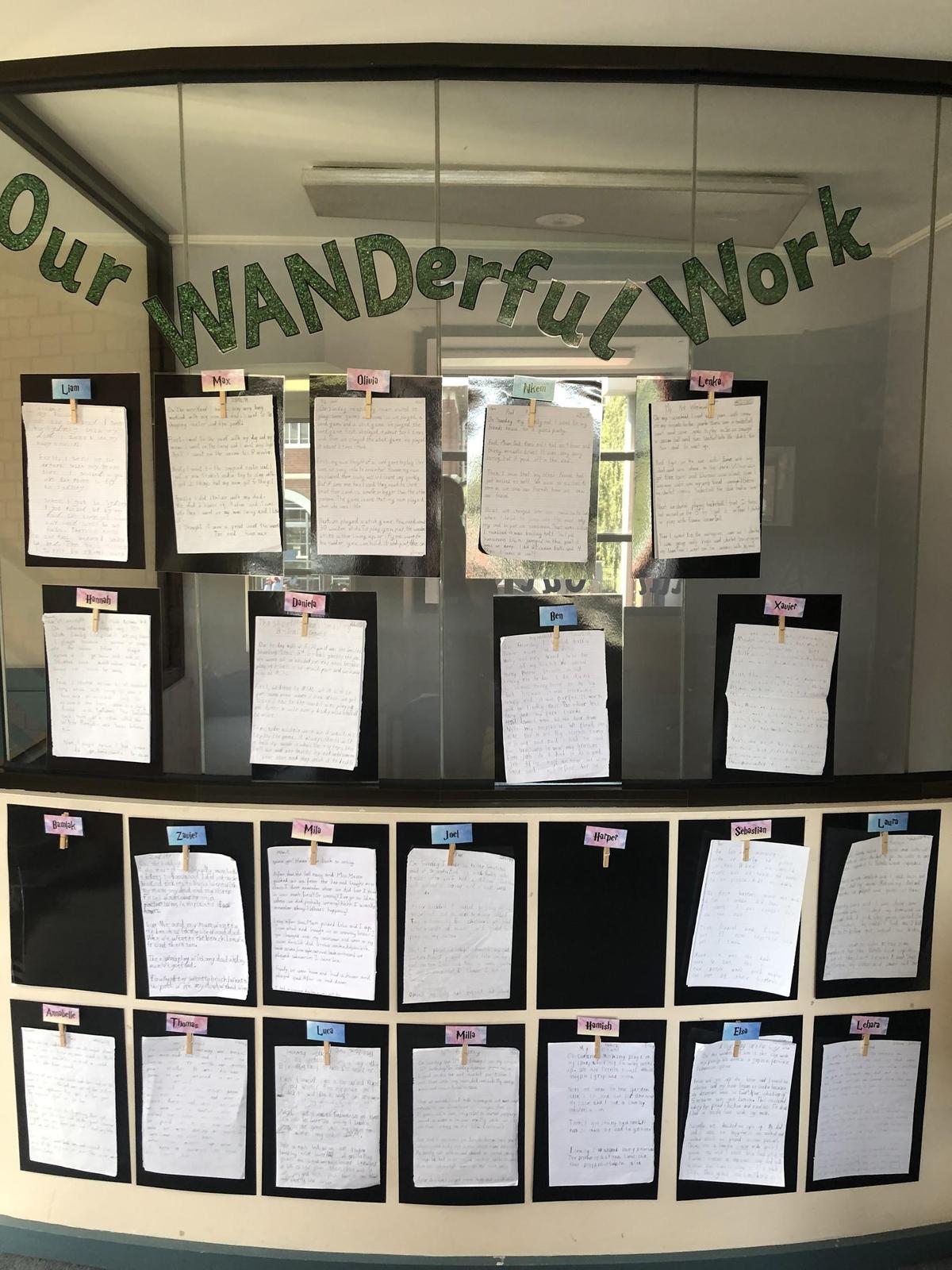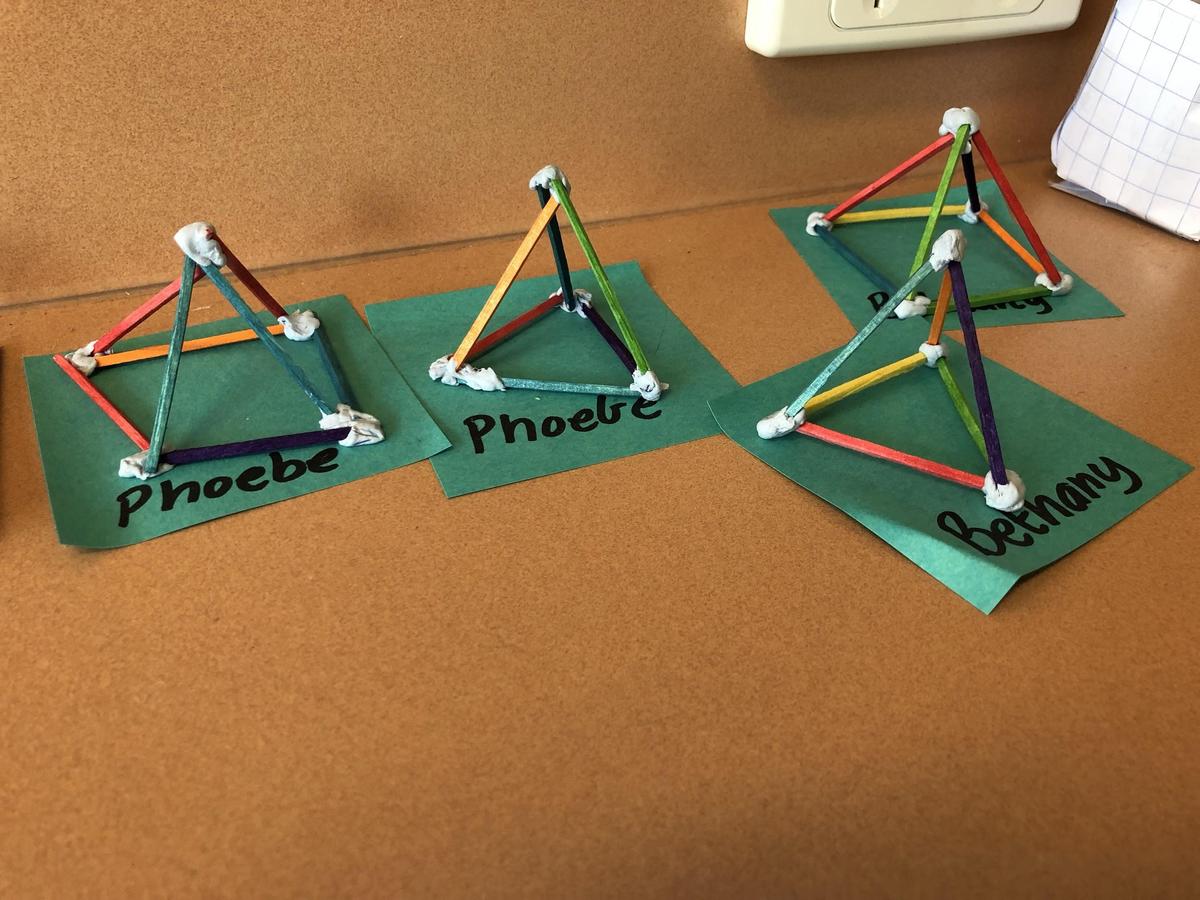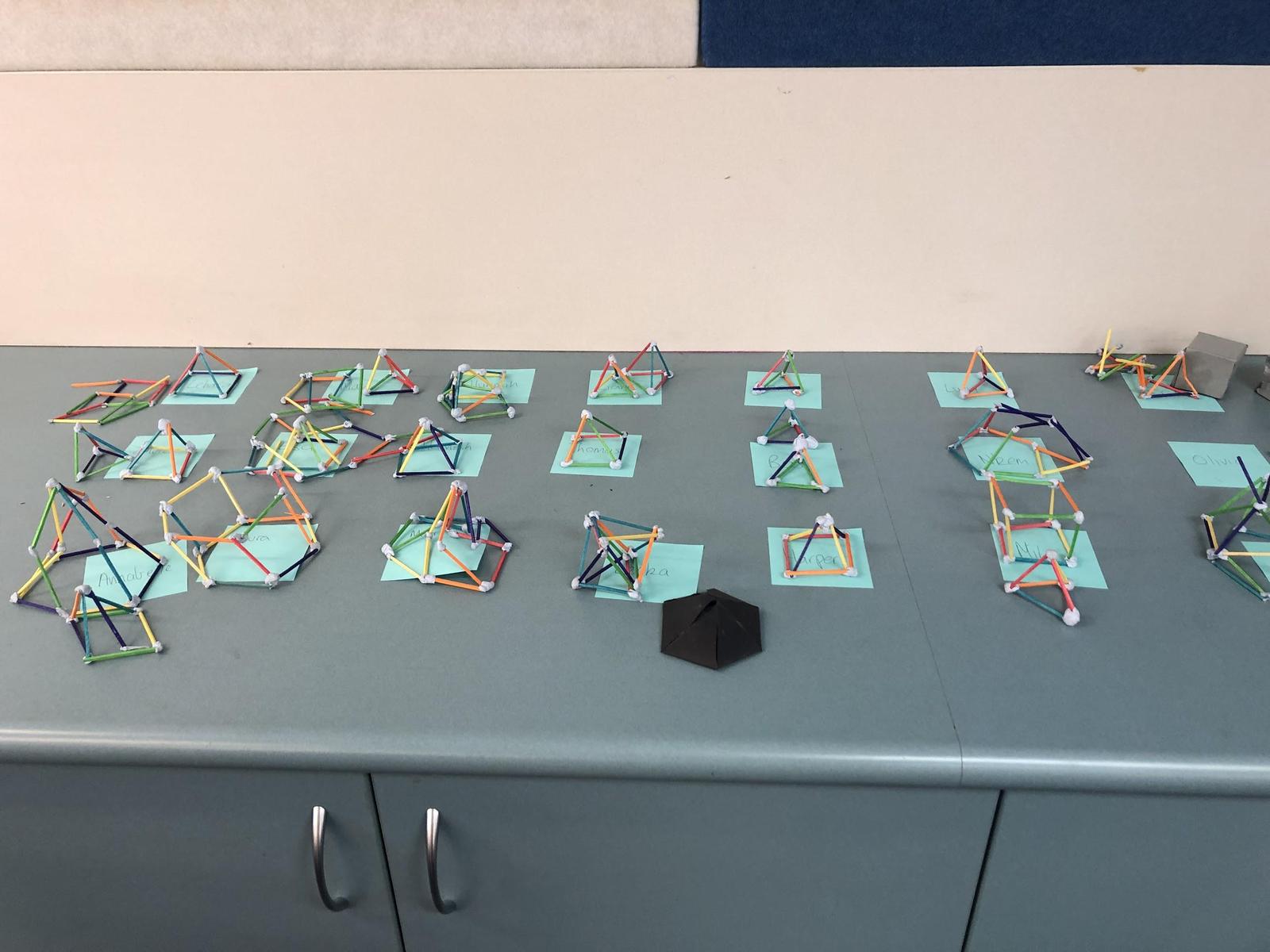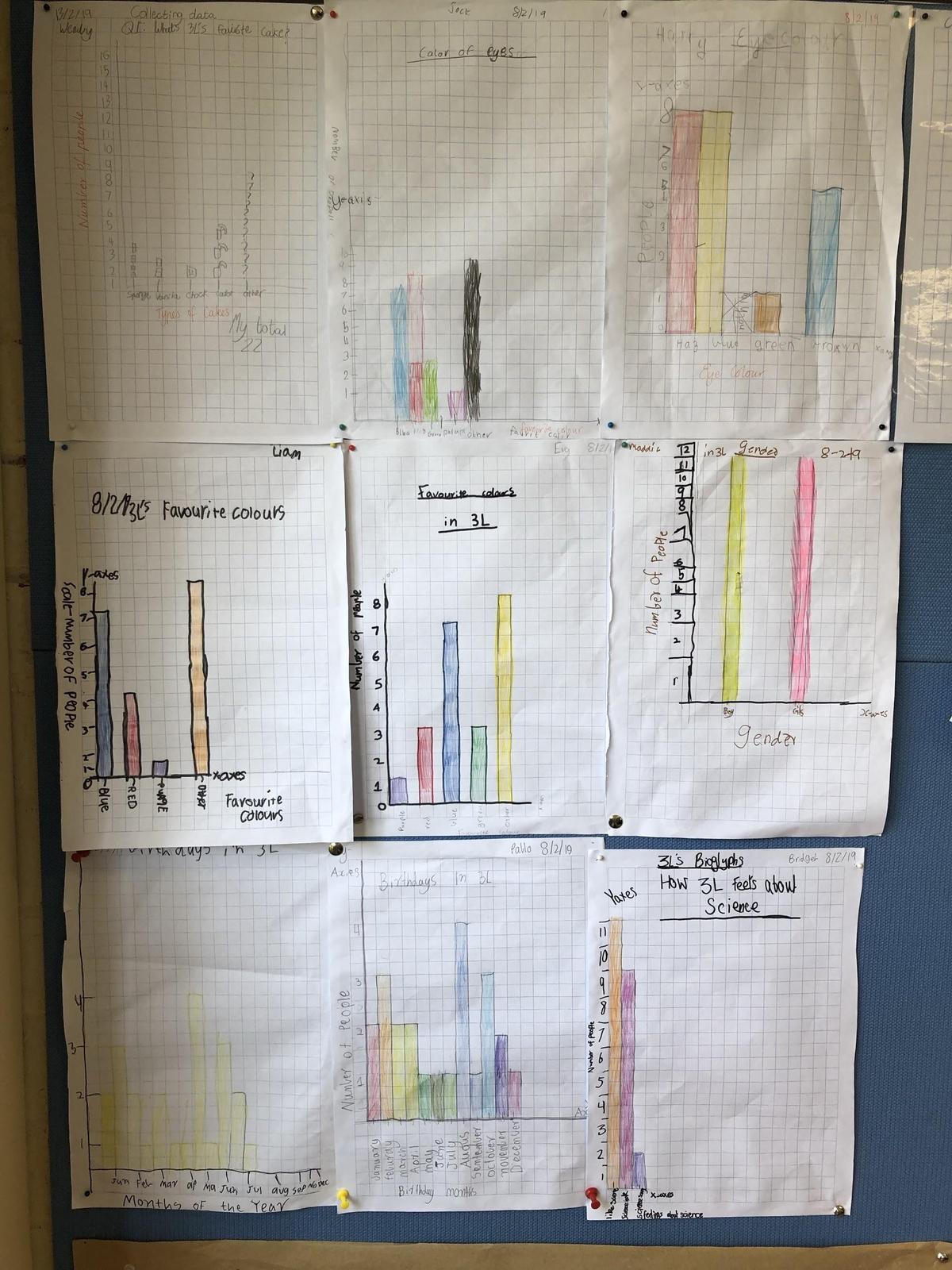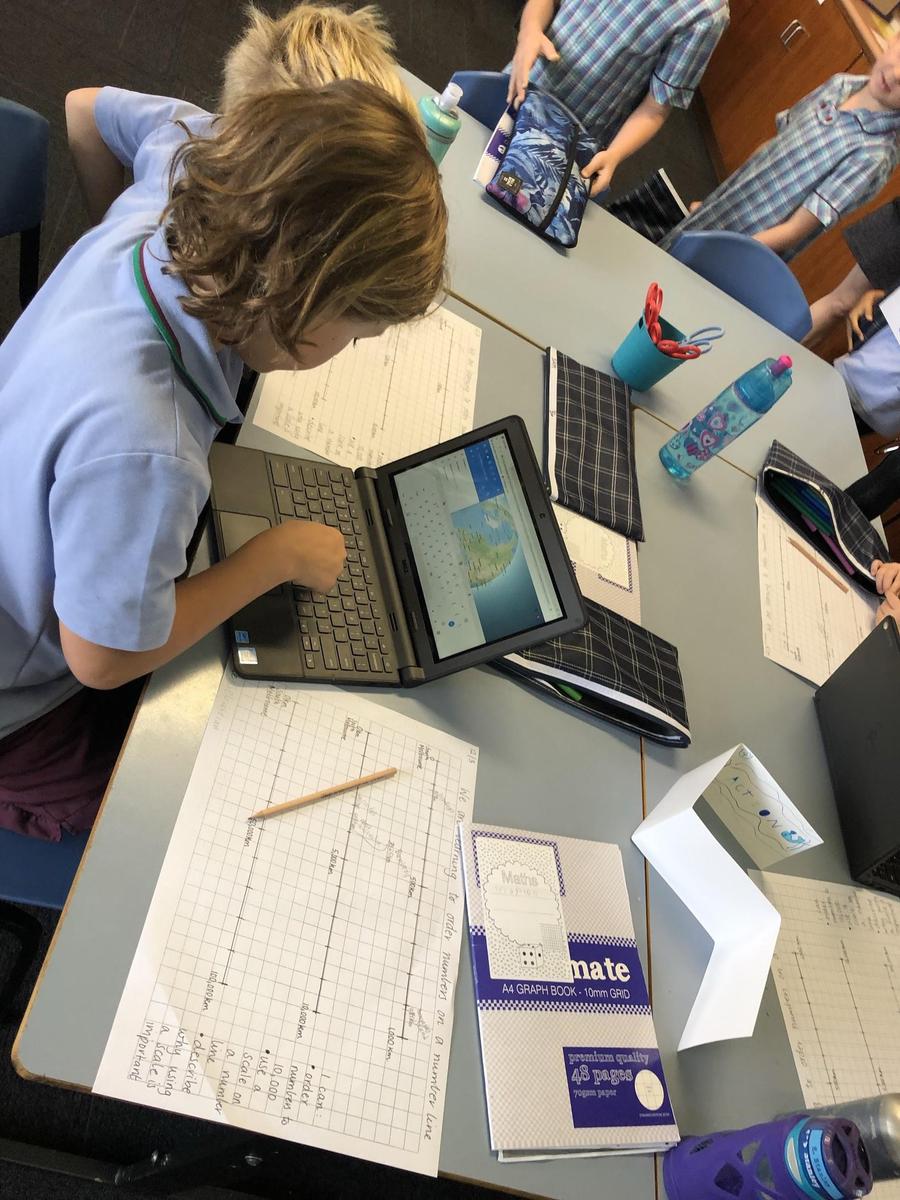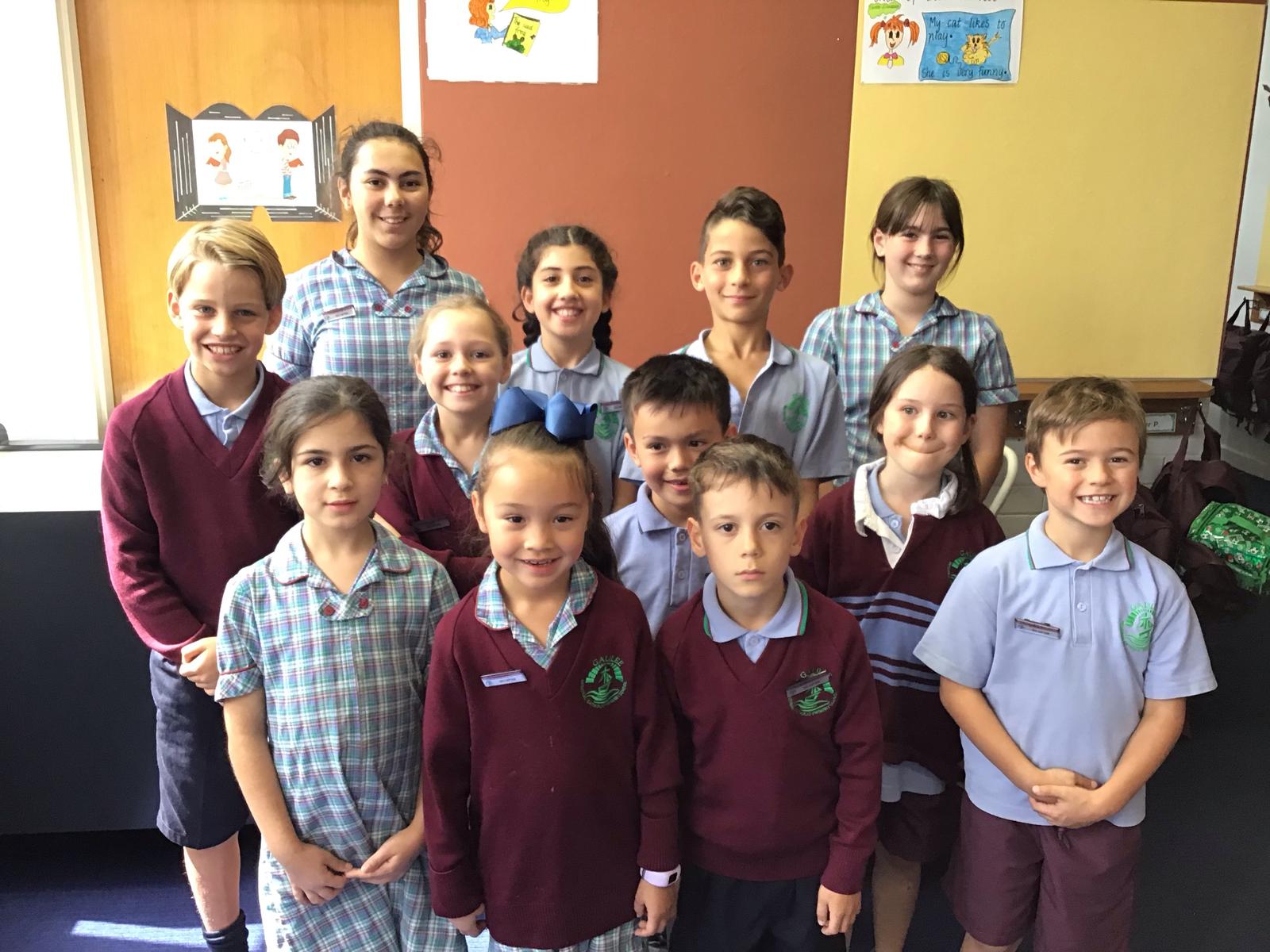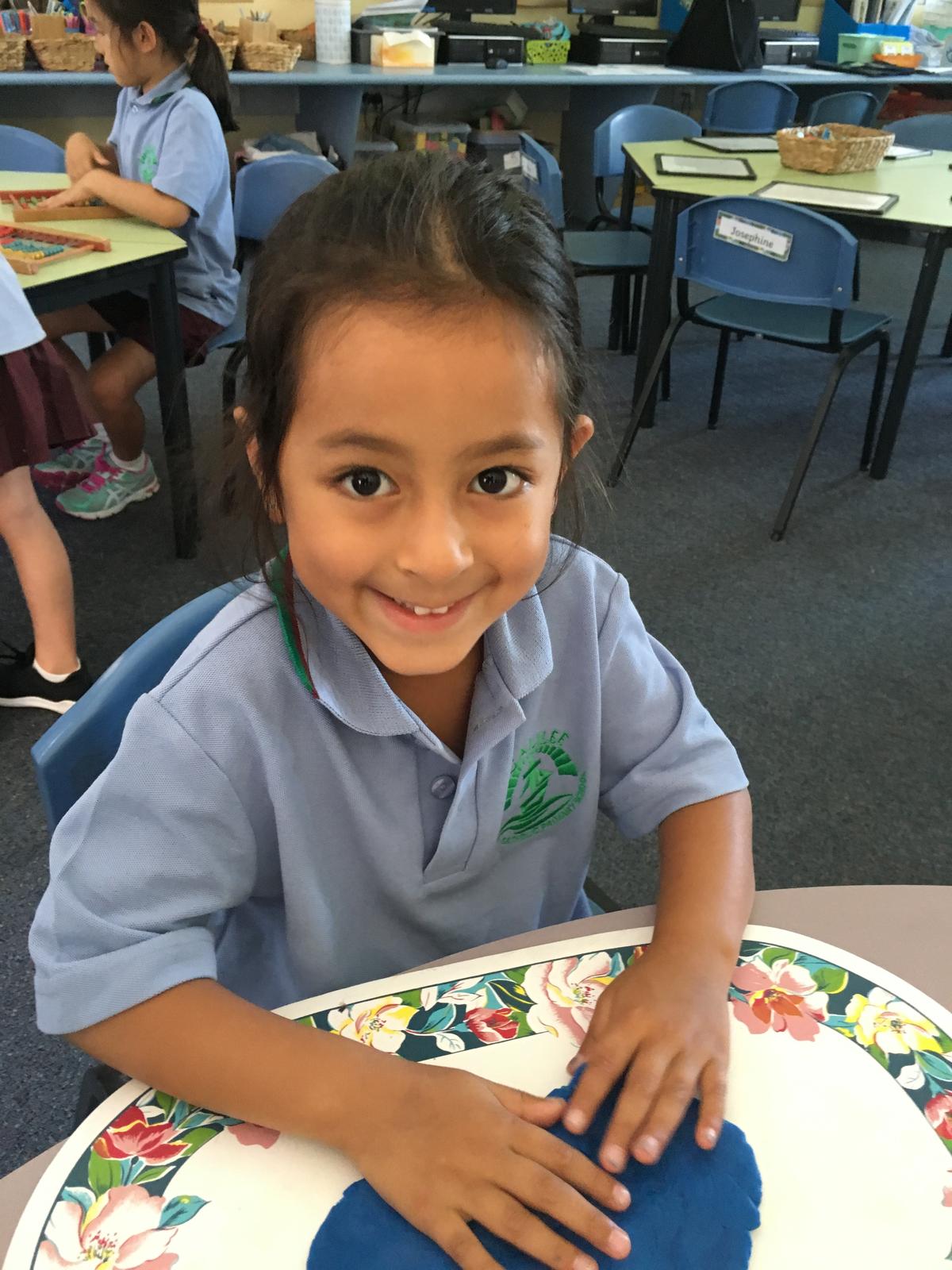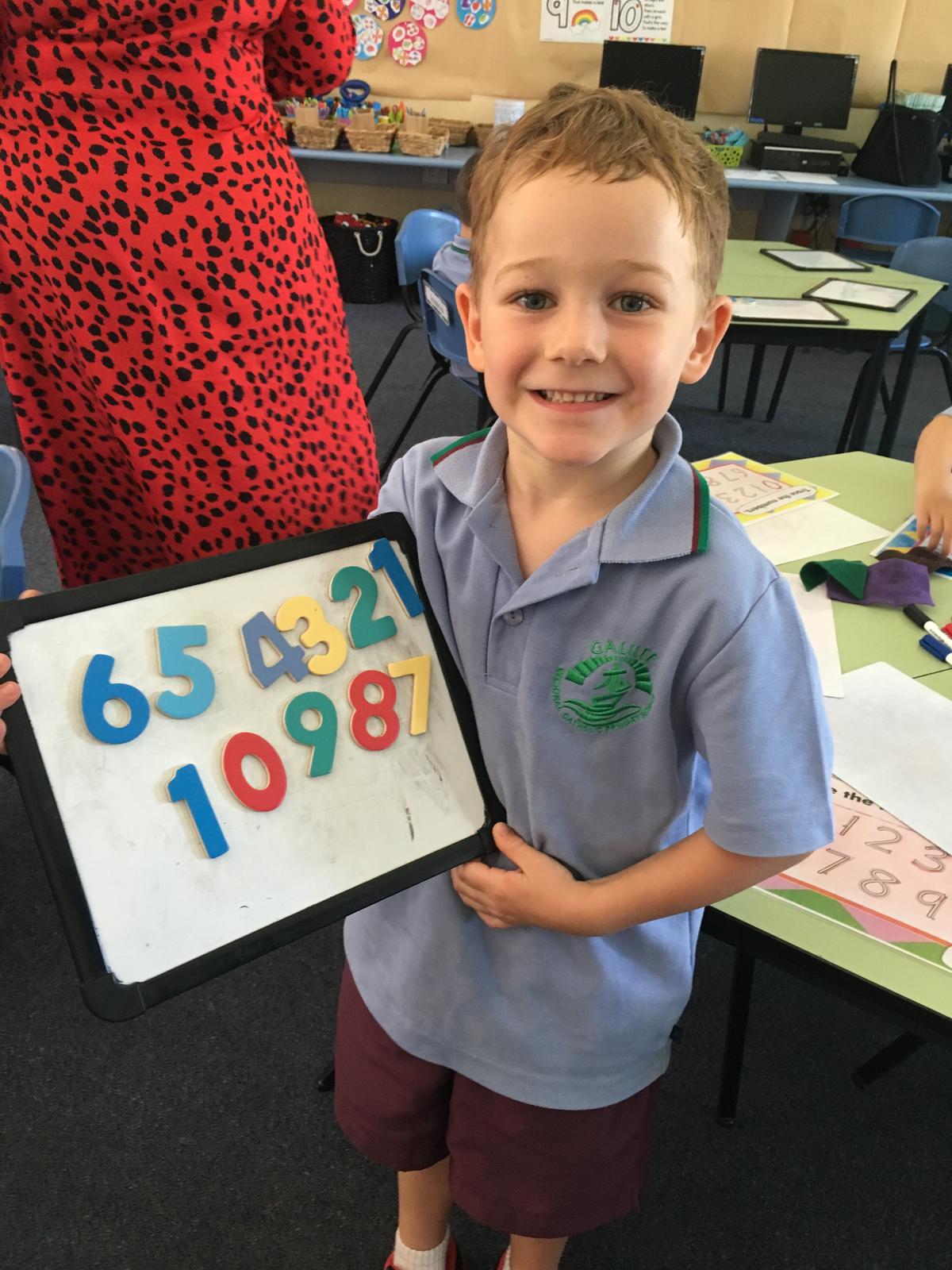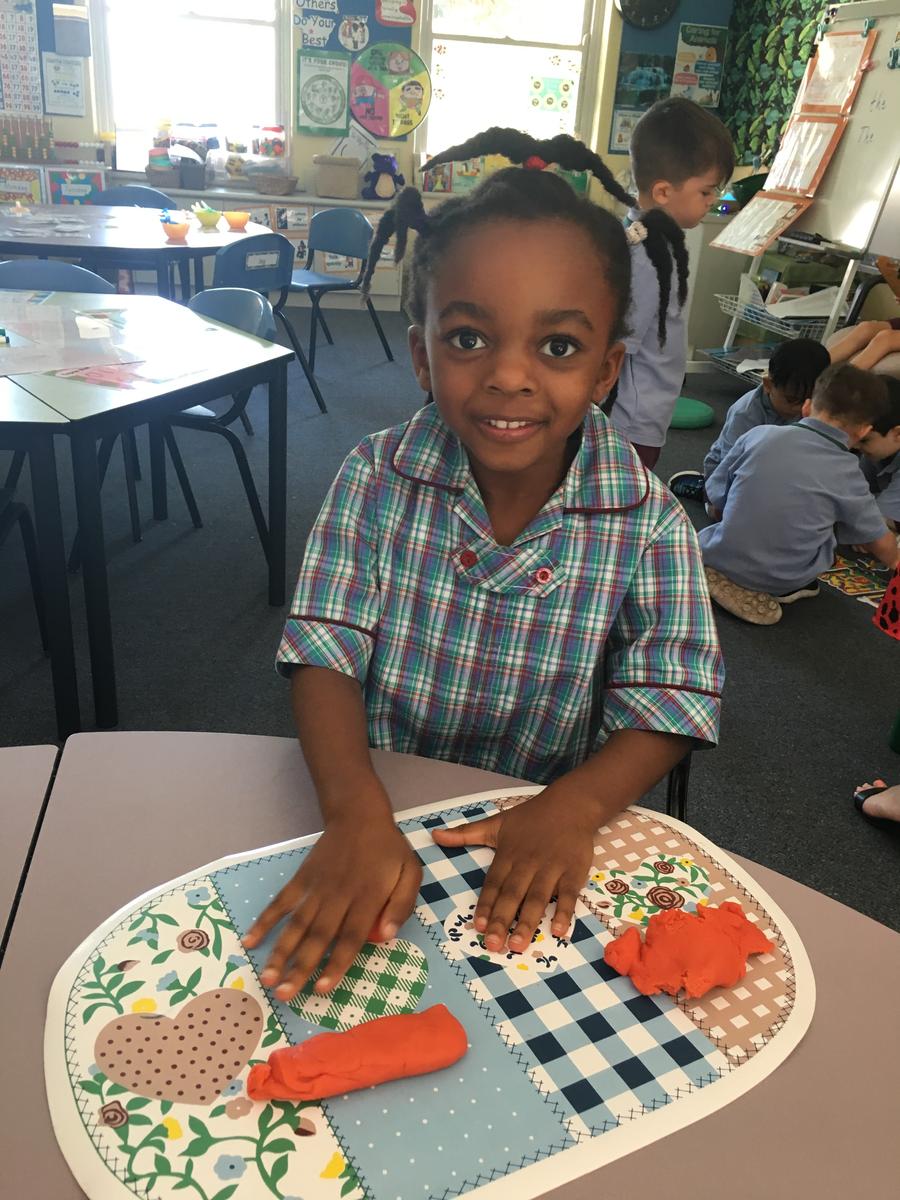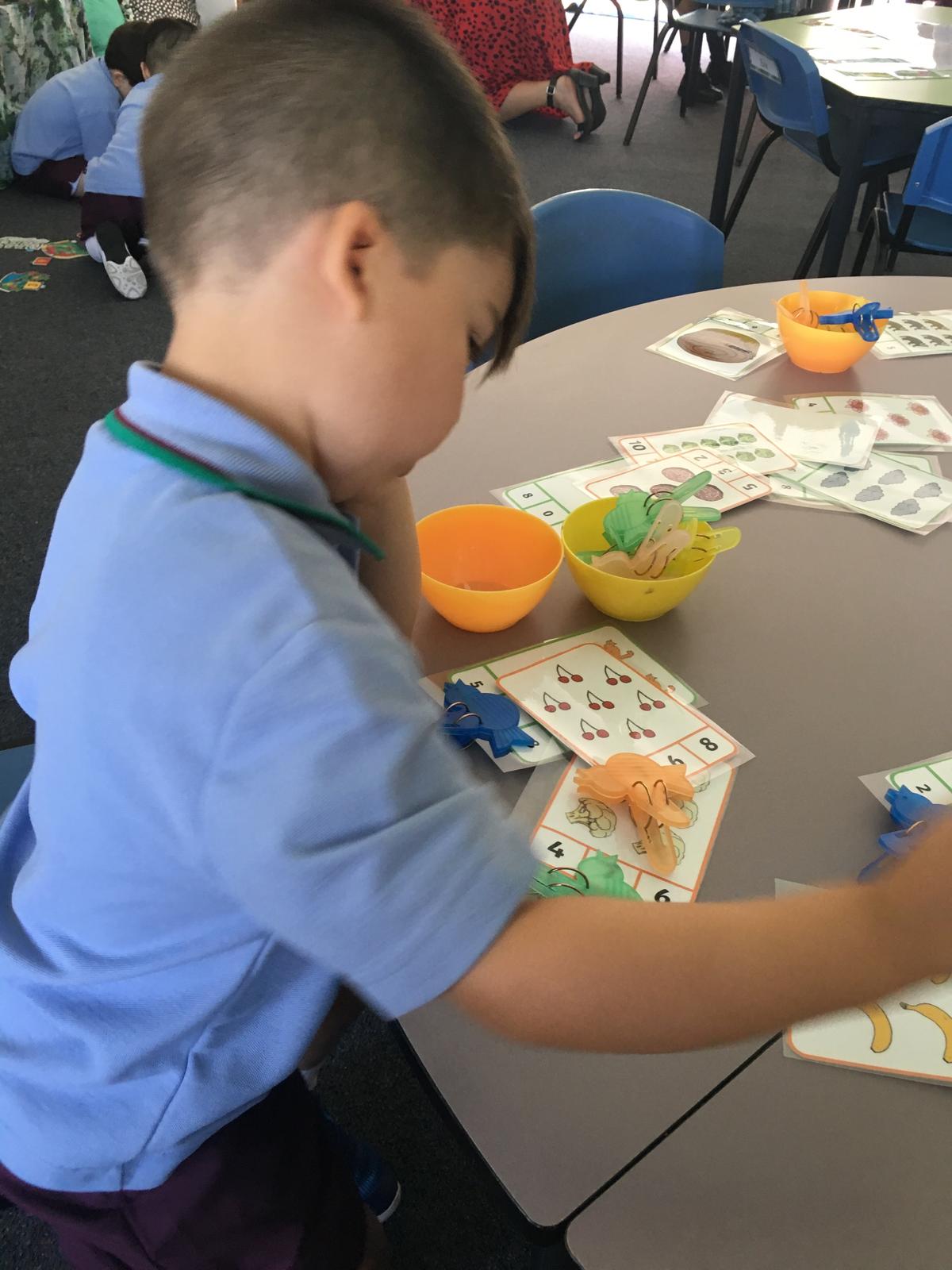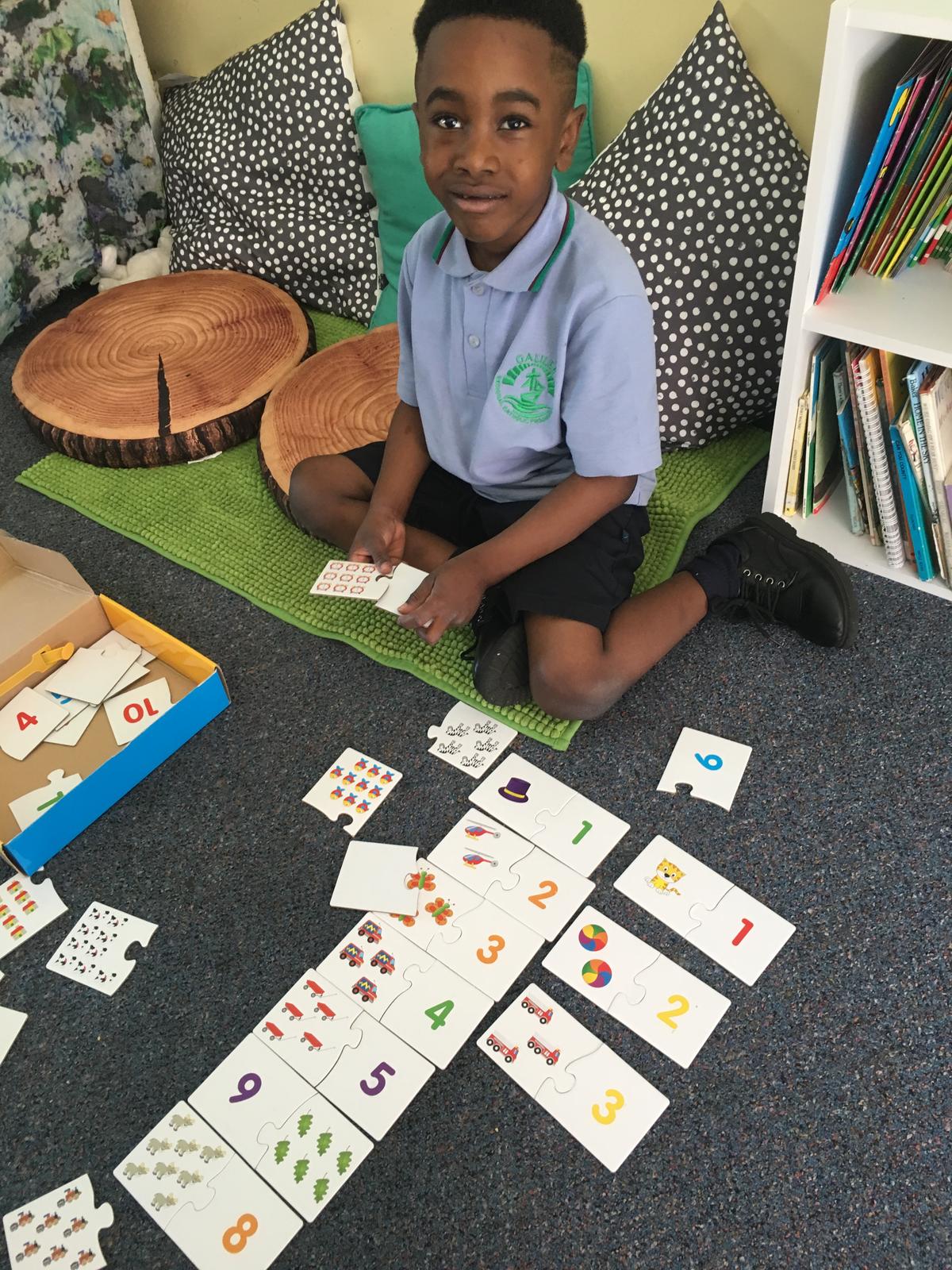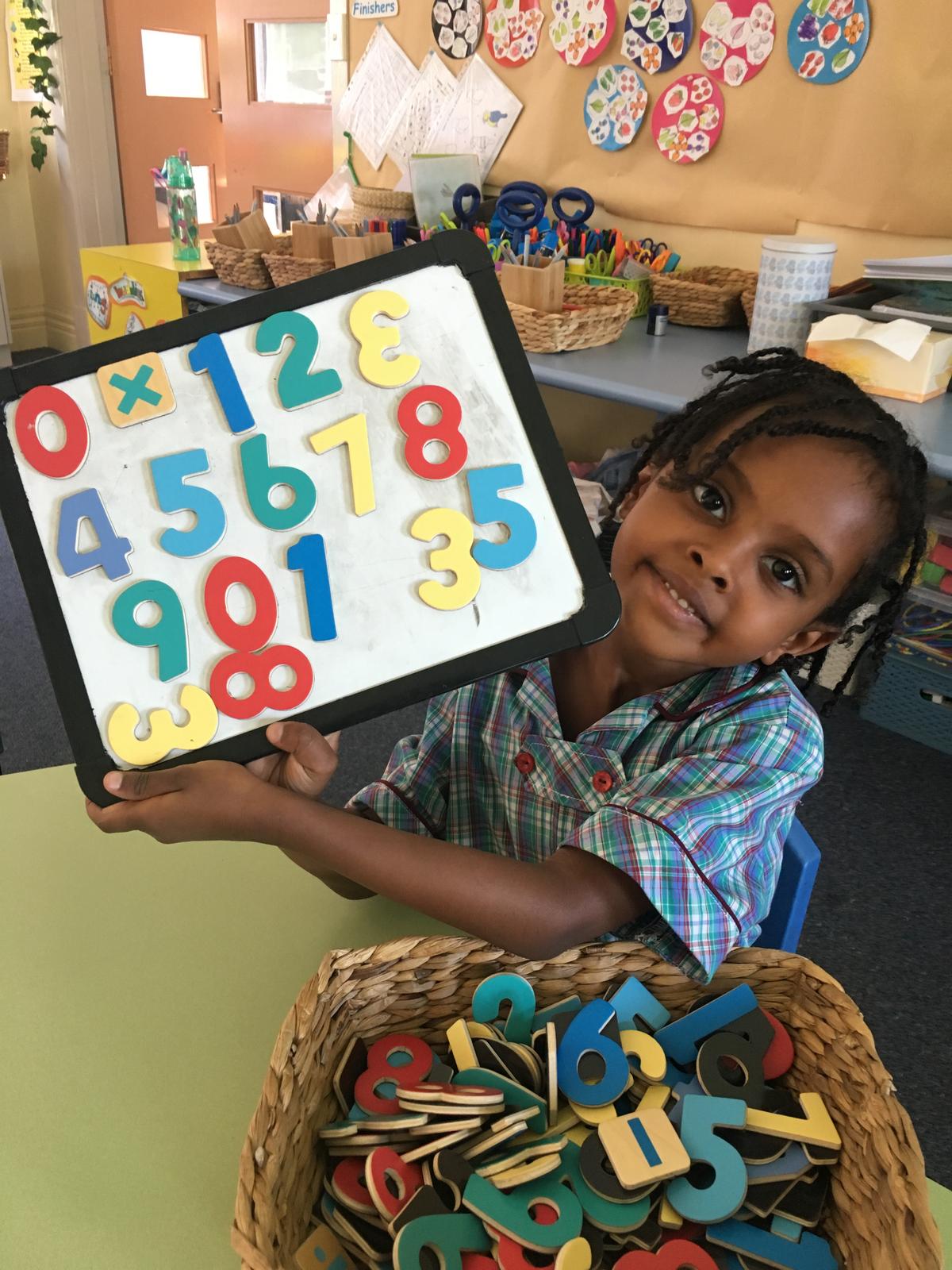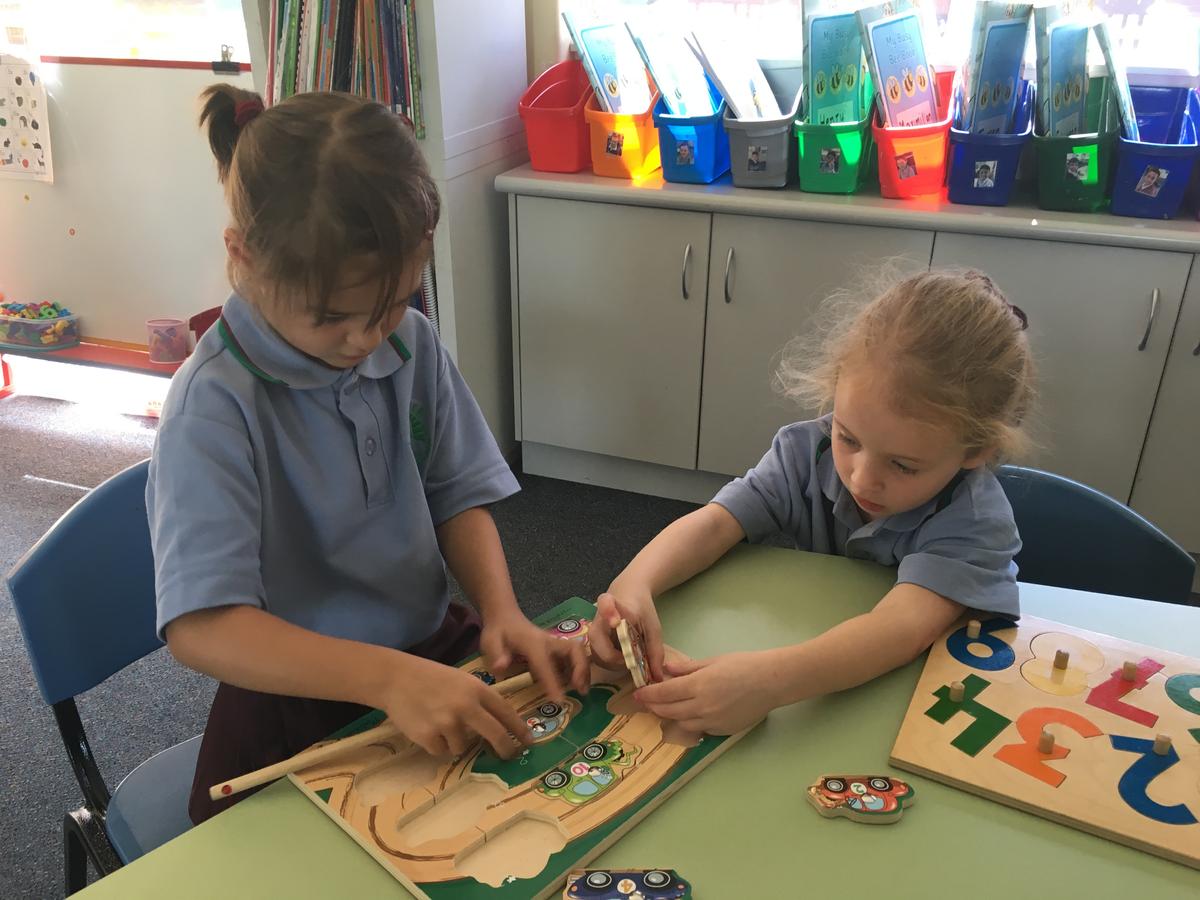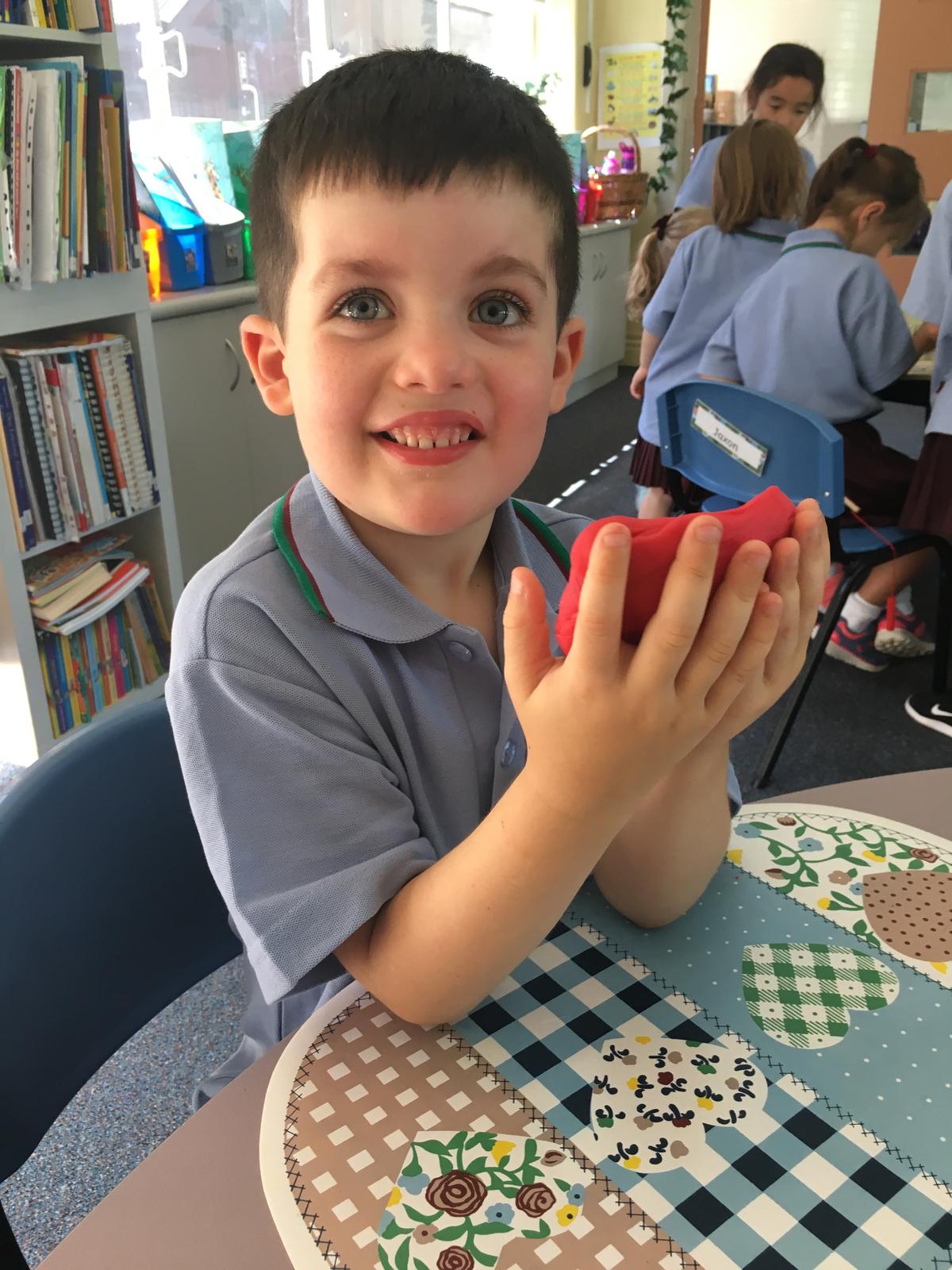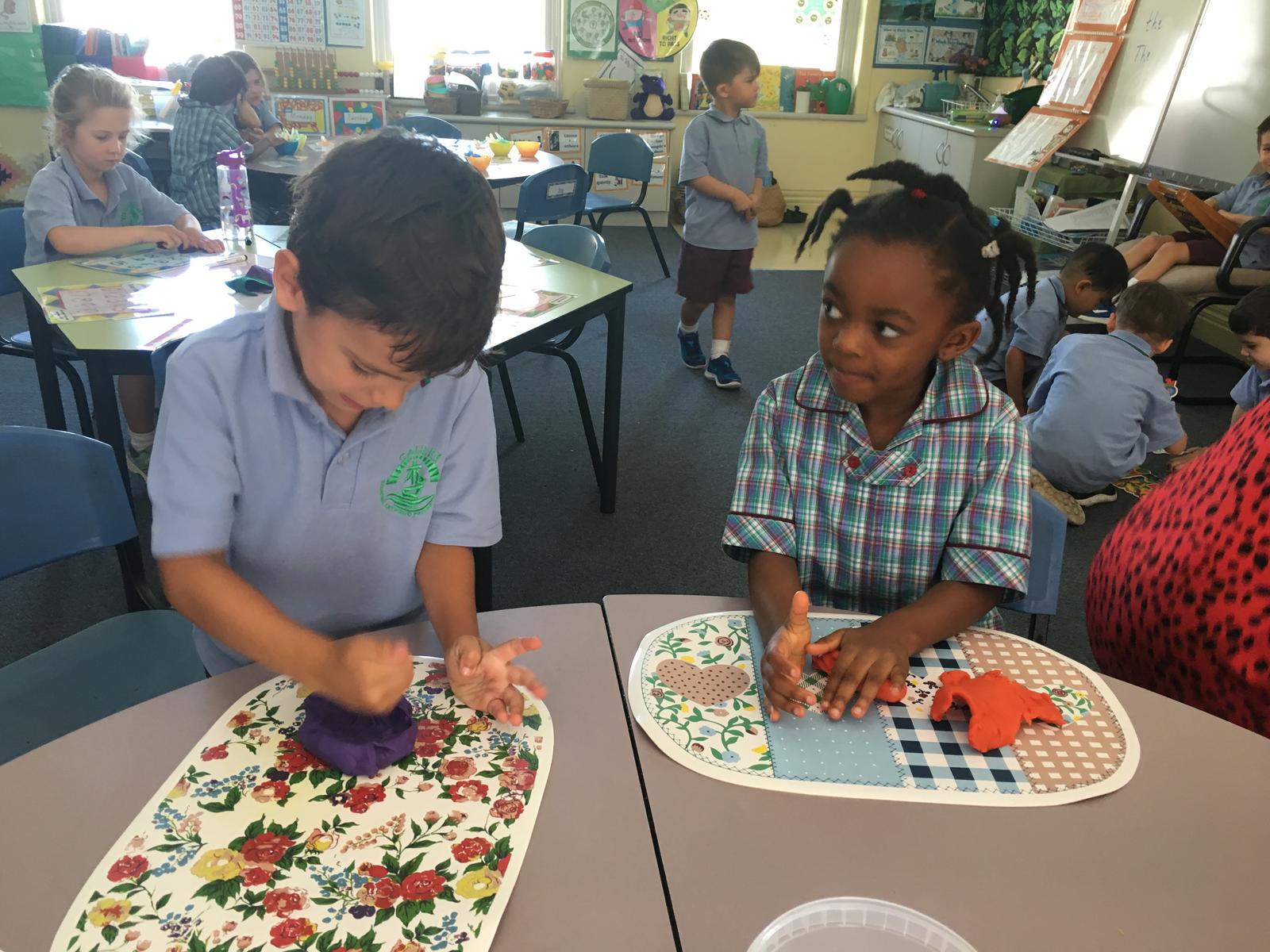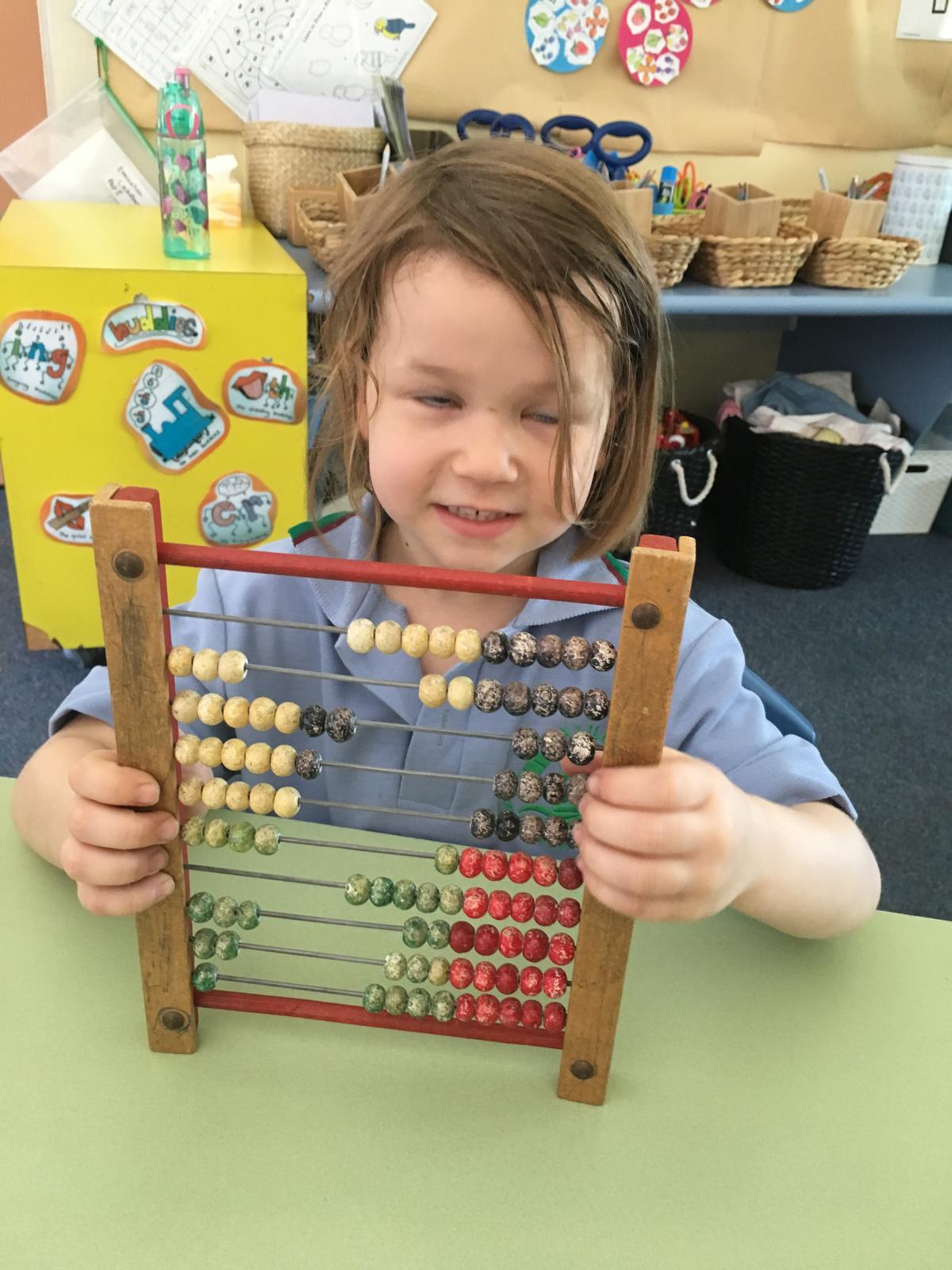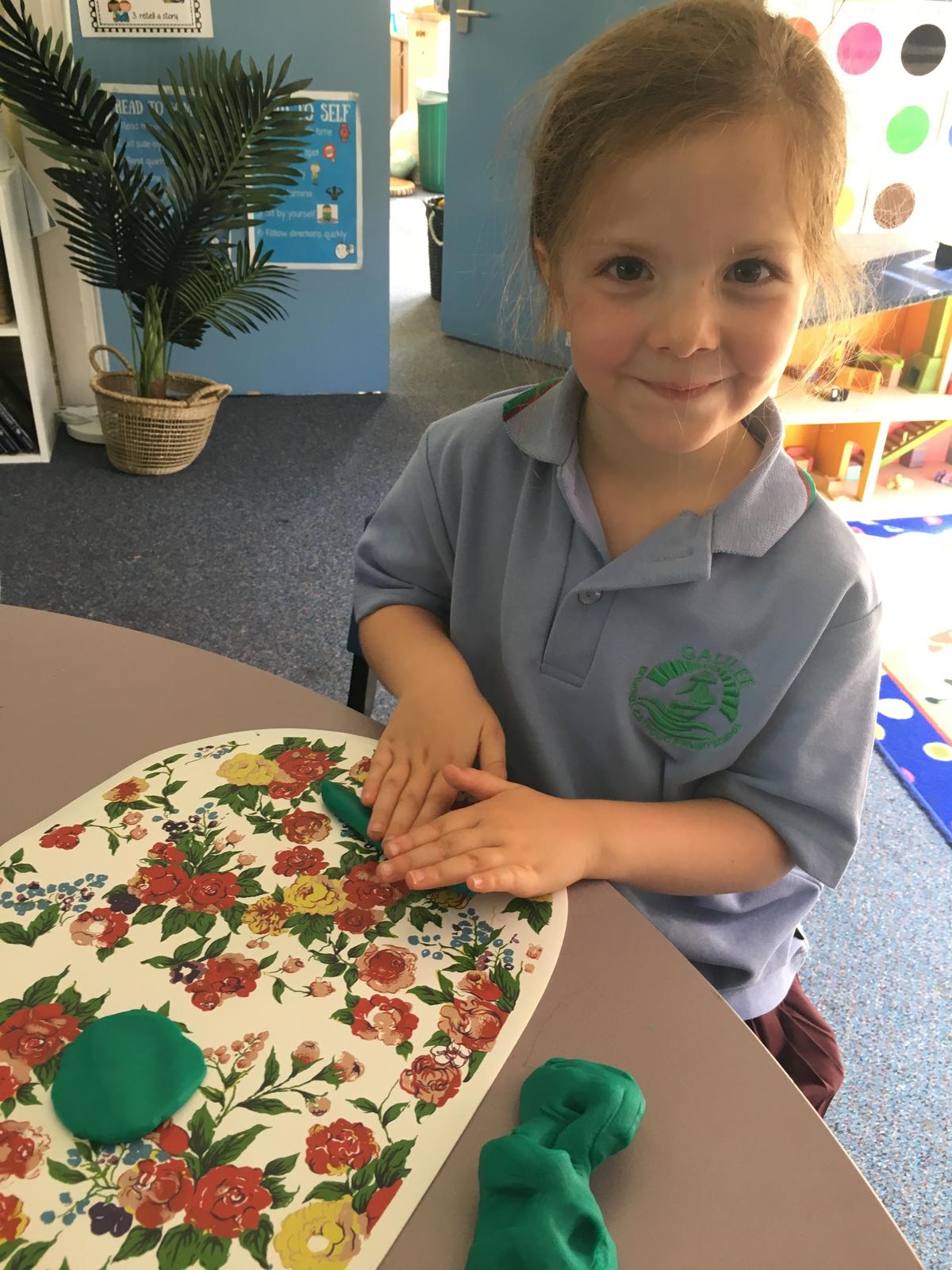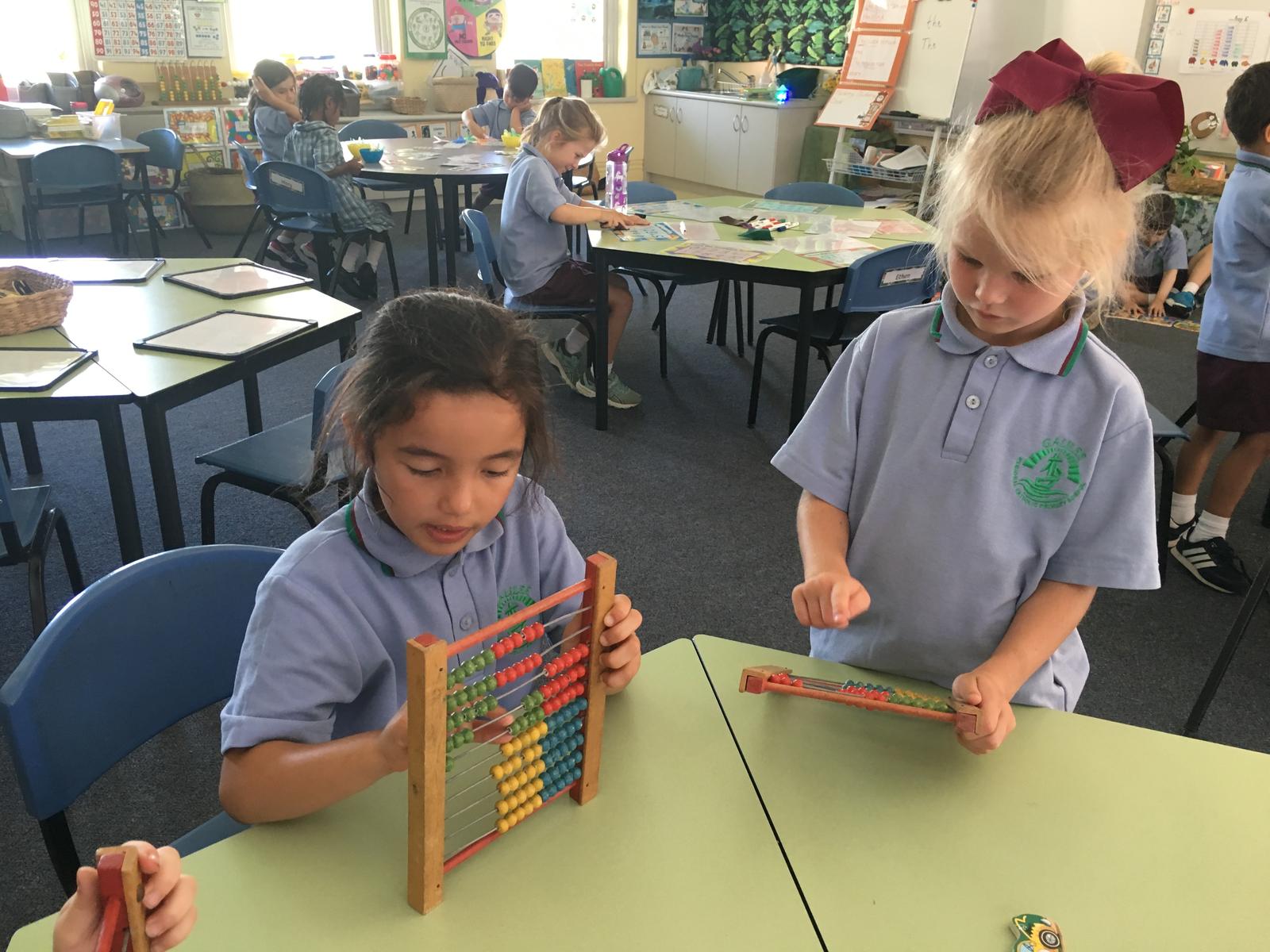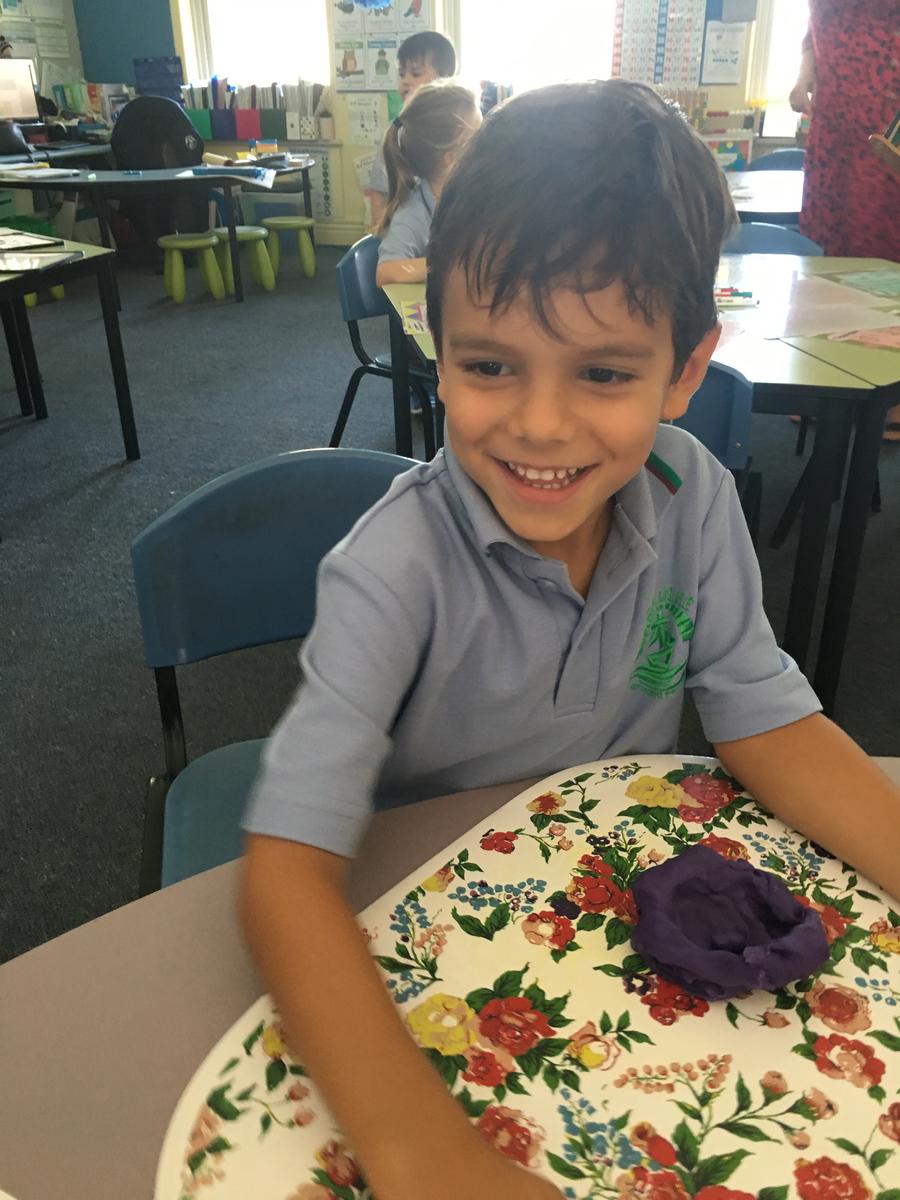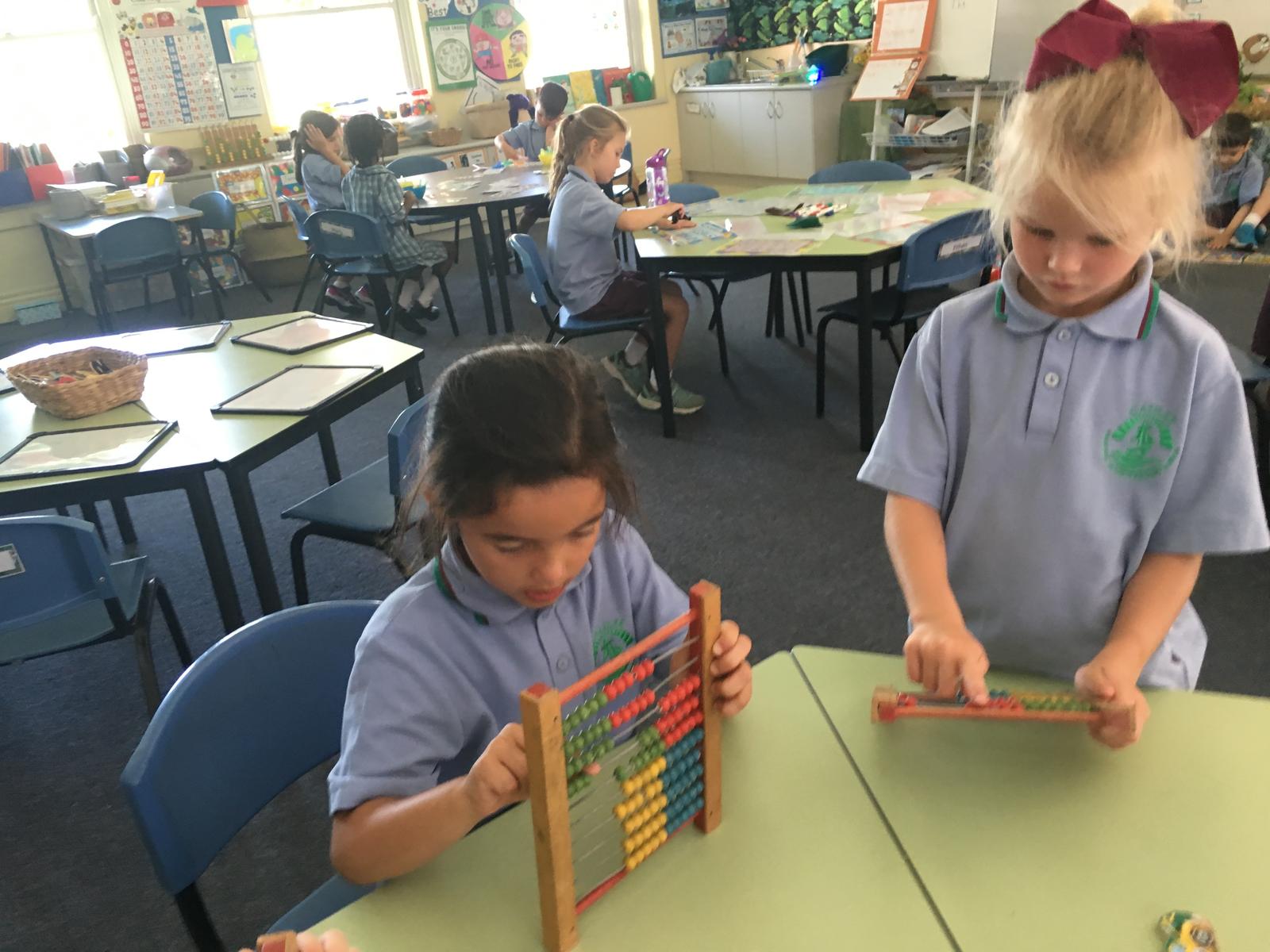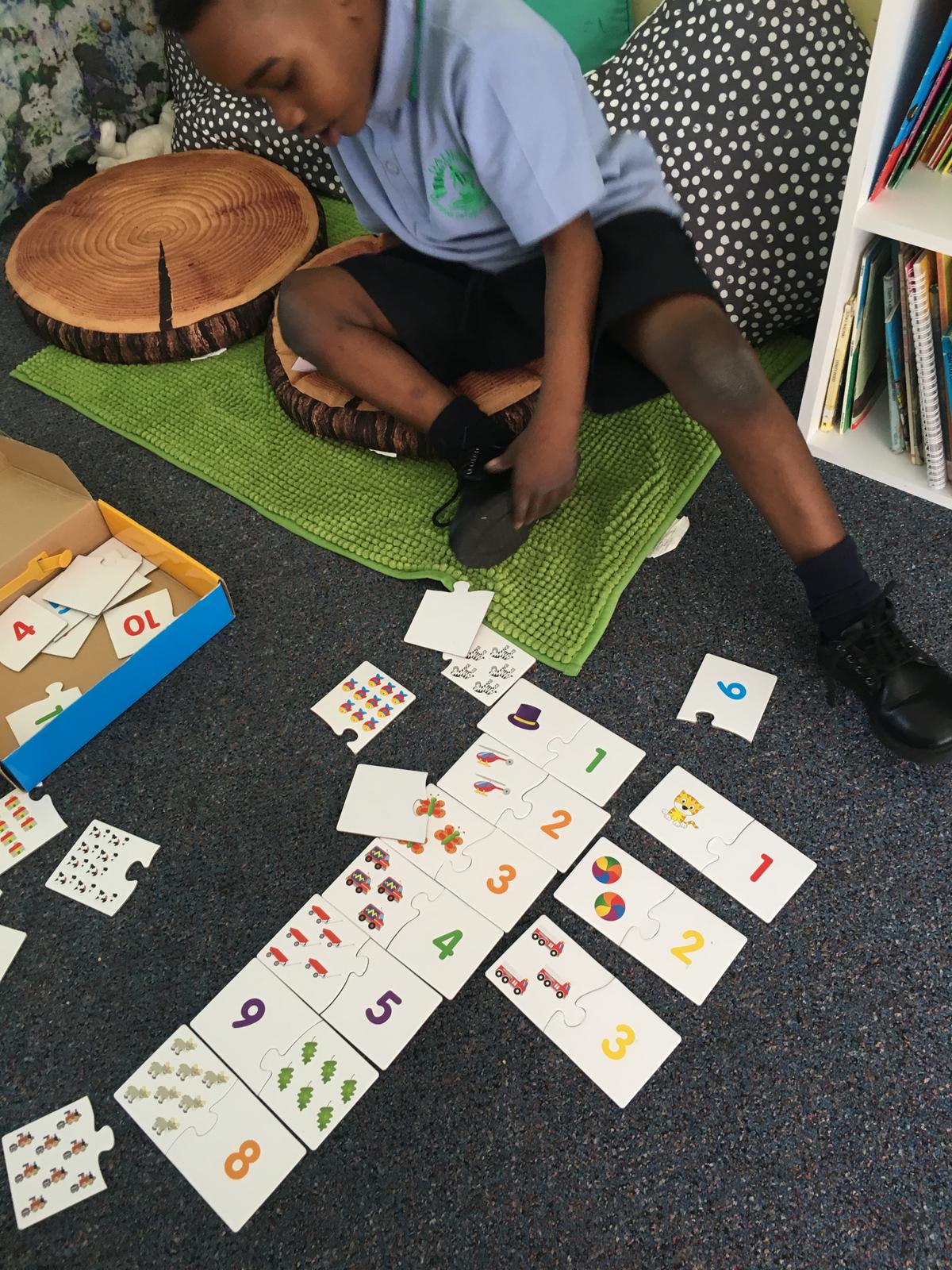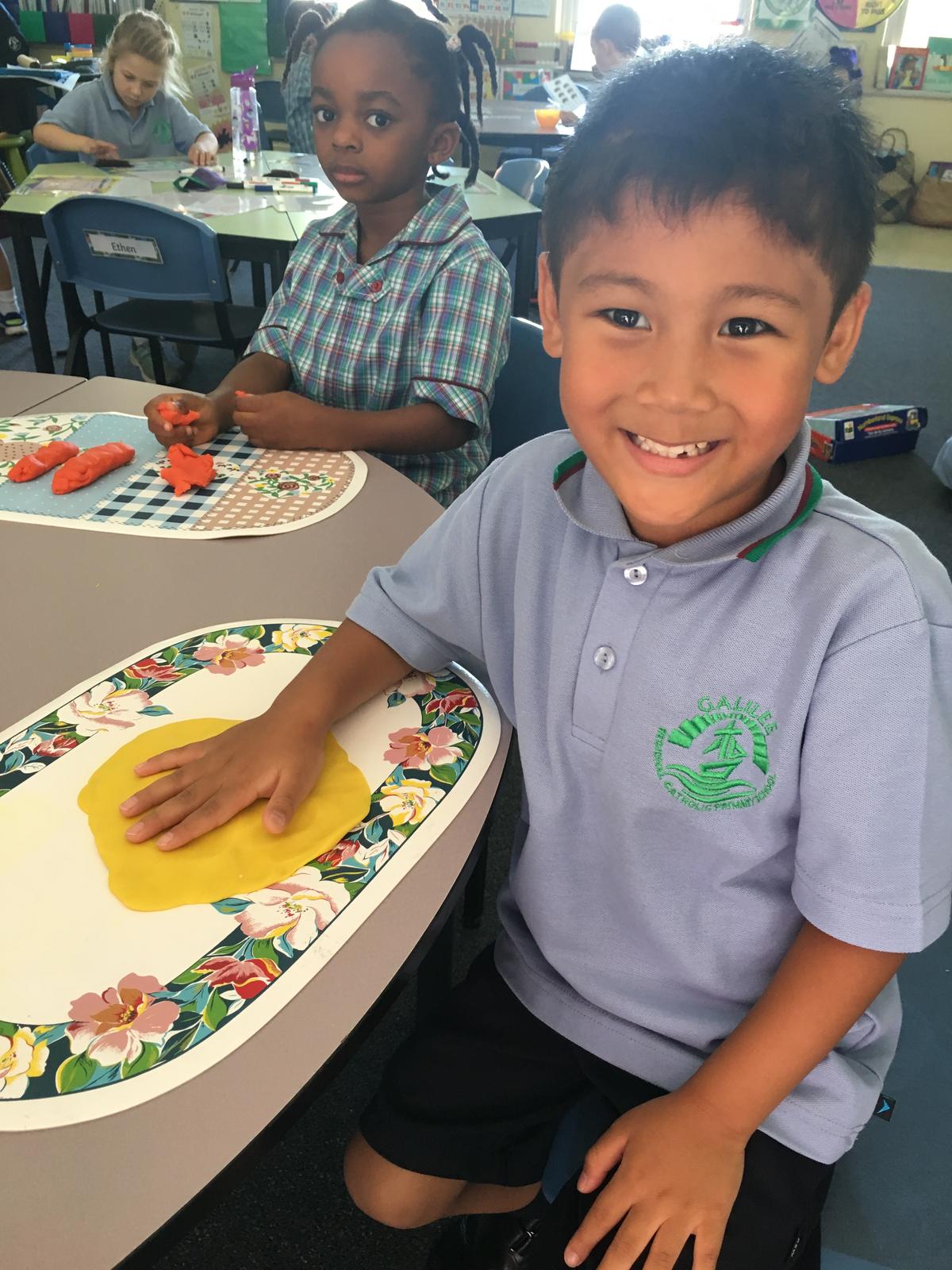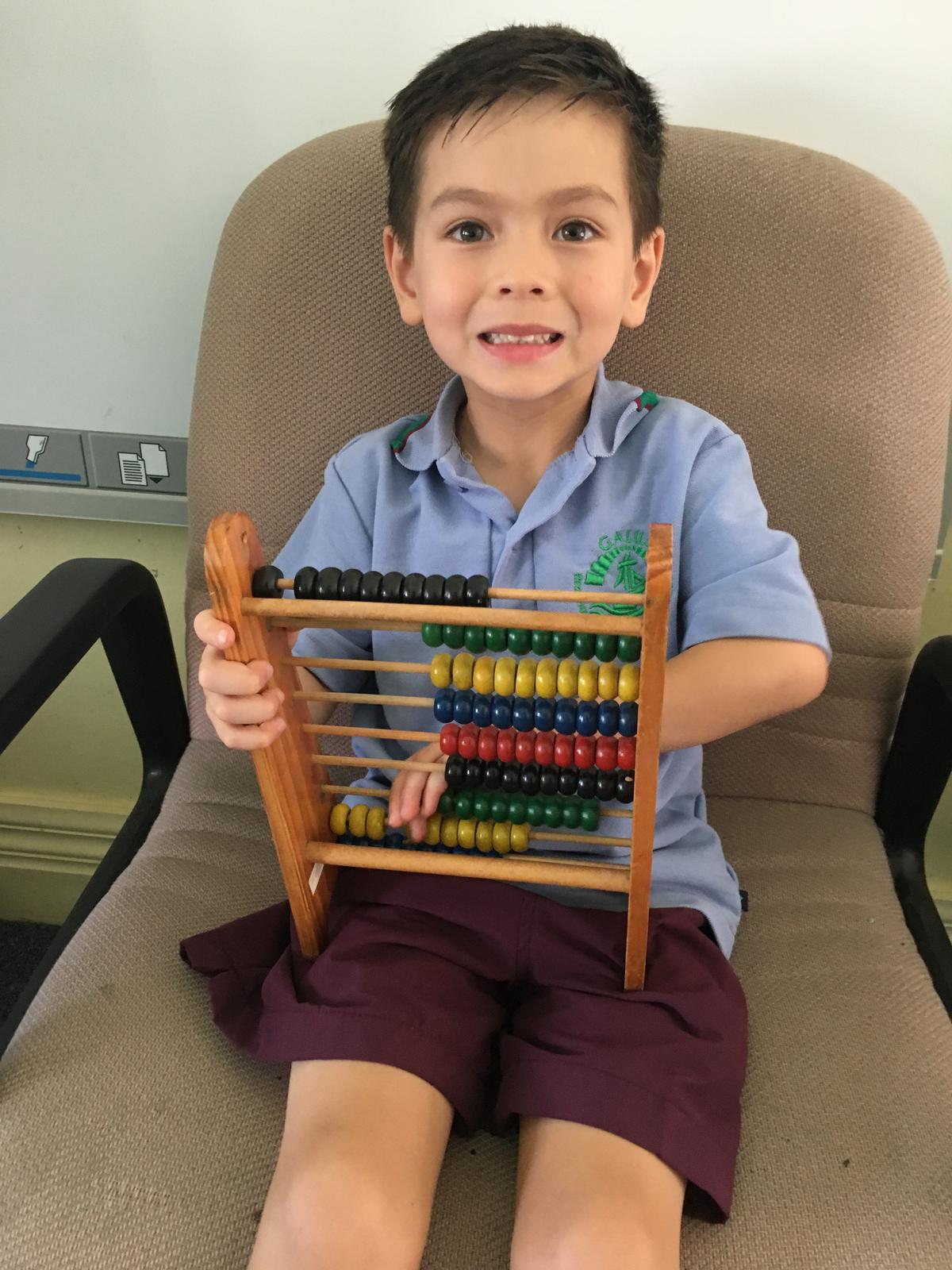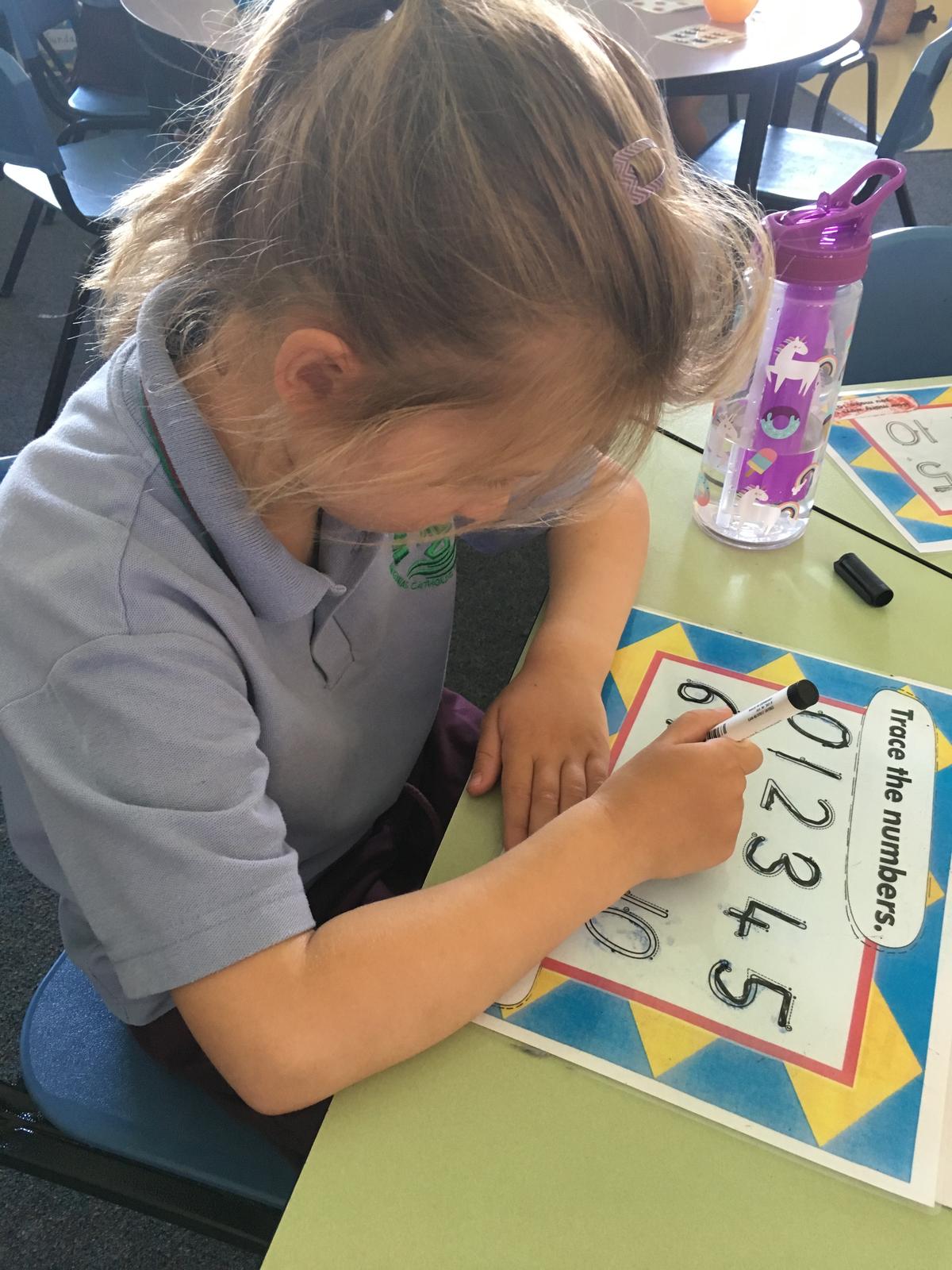Learning and Teaching
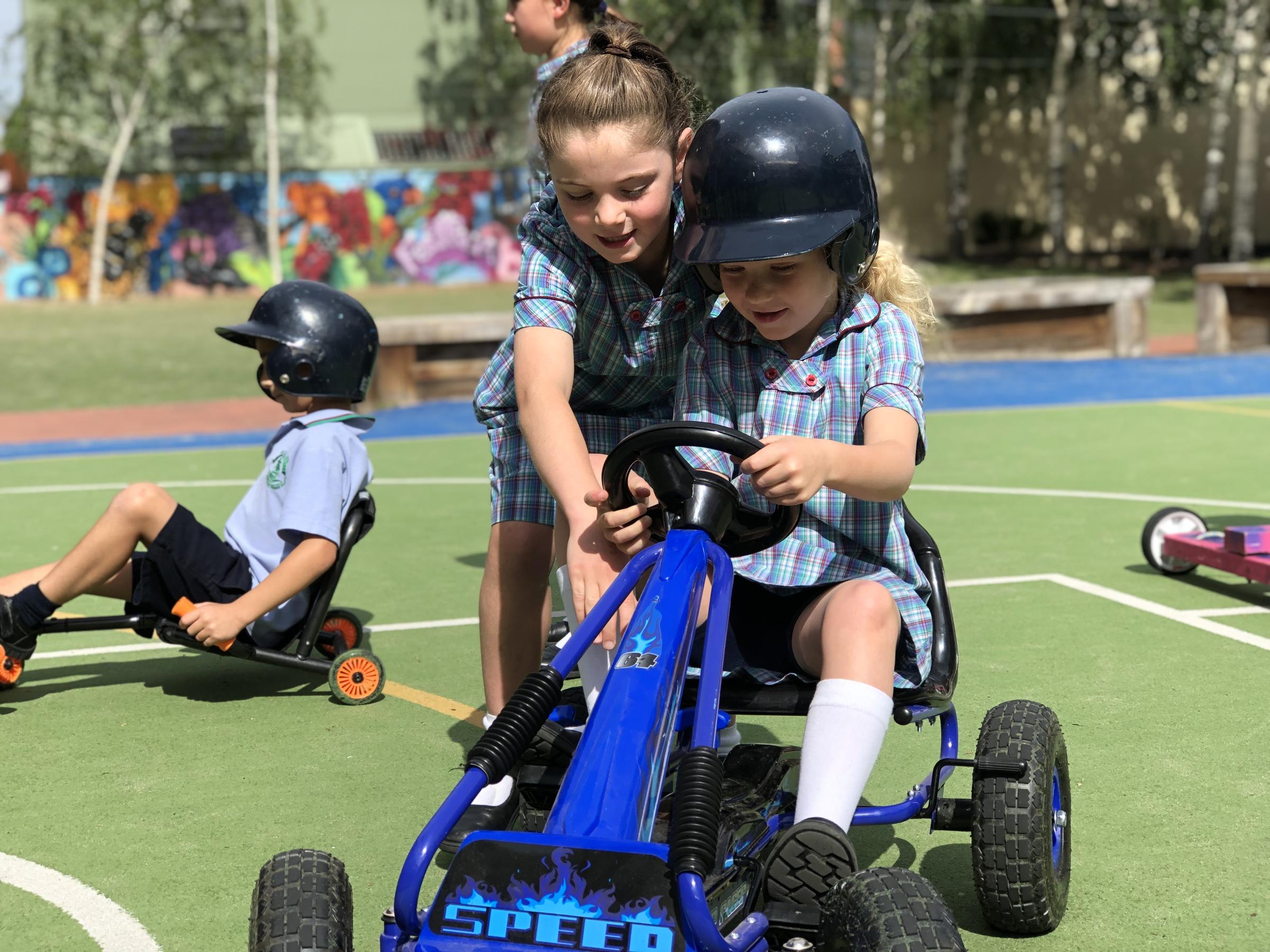
Year 6 Canberra Fun
Students from our school have recently undertaken, an education tour of the national capital. Students have been given the opportunity to participate in a variety of educational programs with a focus on Australia’s history, culture, heritage and democracy.
The Australian Government recognises the importance of all young Australians being able to visit the national capital as part of their Civics and Citizenship education. To assist families in meeting the cost of the excursion the Australian Government is contributing funding of $30 per student under the Parliament and Civics Education Rebate program towards those costs. The rebate is paid directly to the school upon completion of the excursion.
Performing Arts Report
In Term 1 of Performing Arts, our focus is on music. In their lessons, Prep B has been learning to sing. In their Performing Arts lesson, Miss Carnovale has been teaching them well known songs with actions including ‘Old Macdonald Had a Farm’ and ‘5 Little Ducks Went Out One Day’.
Prep B has really enjoyed learning these songs and are excited to learn more!
Abby and Aloysia
Performing Arts Captains
Year 3
Reconciliation
We have learnt how to reconcile with others using four stages; recognise we have hurt someone, admit what we have done, say sorry and do something to show we are sorry and help the other person feel better. It is important we mend our relationships with others using these four steps. We are learning about relationships as we prepare to build our relationship with God in the sacrament of reconciliation later this Term.
Belonging
We have explored the different groups we belong to and how belonging to a group impacts how we see ourselves and how we act and feel. We will be off to the Museum next week (Friday the 22nd) to explore all the different groups living things belong to as a part of out STEM learning!
Writing
Check our some of our writing outside of our classroom! We have been writing to recount events and we are about to start writing to entertain people!
Reading
We have been unpacking our Daily Five routine and comprehension strategies such as 'check for understating', 'tune into interesting words' and ask questions while reading.
Maths
We have been super busy learning about data, 3D Shapes and numbers to 10,000! Take a look at our data displays, pyramids and pyramids!
SRC Leaders
We are proud to introduce our SRC Leaders for this semester. So far we have met to discuss what went well with the SRC last year and what we would like to continue and change this year. We look forward to the start of Nude Food and other initiatives soon. Stay tuned for more from the SRC!
SRC: Peter and Anabelle (Year 1), Christian and Samuel (Year 2), Laura and Emma (Year 3), Orlando and Paloma (Year 4), Daniel and Anabel (Year 5) and Isabel and Abby (Year 6).
SMART SPELLING
This year, we are using a new program to teach spelling from Prep to Year 6. SMART Spelling is an approach that supports primary school teachers to teach spelling well. Teachers start by teaching the meaning of words to expand vocabulary and then break words into syllables, sounds and letter patterns (graphs, digraphs and trigraphs) following a simple routine that is in the SMART Spelling course.
In a SMART Spelling classroom, students are explicitly taught spelling patterns, one at a time. Teachers choose a range of words (from simple to complex) from a suggested list in the manual. Students are then guided to choose from that list, to meet different needs. Personal words are also a focus in SMART Spelling. Teachers use their strong professional knowledge to give meaningful feedback to students about their spelling in writing, teaching at the point of need.
There is a simple routine, so students can have different amounts of words and words of different complexity, but they all still have the same spelling pattern. So one student might be learning the word ‘rain’ and another the word ‘container’ but they’re both still been taught the digraph /ai/. It is both inclusive and differentiated.
But we need more than just 'what' to teach, we also needed 'how' to teach spelling. We use the acronym of SMART, which actually shows us HOW to teach spelling!
Say
Meaning
Analyse
Remember
Teach
In short, we incorporate the meaning of words, syllables, sounds and letters and the most useful spelling rules. SMART Spelling uses the 4 areas of spelling knowledge phonology, orthography, etymology and morphology. It does however prioritise the meaning (vocabulary), phonology (sounds) and orthography (letters and letter patterns).
Mathematics
We have plenty happening in Mathematics at Galilee this year:
Our Maths Olympiad is underway, with 30 students from Years 4-6 participating in problem-solving activities with Lauren Bland and Sandra Carlei.
The Maths Olympiad is an ideal complement to the school curriculum. The main aims of the competition are to:
- Introduce students to important mathematical concepts
- Teach major strategies and develop flexibility for problem solving
- Foster creativity and ingenuity and strengthen intuition
- Stimulate enthusiasm and enjoyment of mathematics
- Provide for the satisfaction, joy and thrill of meeting challenges.
The teachers are preparing the students for their competition dates, which begin in May. We wish them every success in the Olympiad!
Number Intervention Training Session 1 for Parents will take place on Friday, March 22, at 9.00am-10.15am. At this session, I will introduce the domains of Number within which we will be working in Years Prep to 2. We will work through the programme checklist, explore the glossary of terms and practise using the settings (materials) useful in each domain.
In the words of our Parent Intervention Coordinator, Anastasia Kritikos:
The term ’ Number Intervention’ may sound like you need to be a Math whizz but the truth is that you simply take the child through some fundamental practice with numbers and this in turn builds confidence and enables the child to grasp concepts for their year level. We would like to avoid children developing 'MATHS ANXIETY.' Maths anxiety disrupts students’ learning, deters them from choosing maths electives and can influence their career choices.
Hope to see you at the session on Friday, March 22 at 9.00am!
The Learning Framework in Number Collective has its focus in Years 3 and 4 this year. The Collective is a group of three local schools who gather each term to professionally develop our teachers in current teachings in the Mathematical area of Number. Years 3 and 4 teachers, along with our Learning Support Officers working with teachers in Maths in Years 3 and 4, will join me on Friday this week to begin our in-depth study of the Learning Framework in Number. We will develop an understanding of the framework overall, and then investigate closely the domains of Structuring Numbers 1-20 (mental computation of addition and subtraction facts to 20) and Conceptual Place Value, manipulating ones, tens, hundreds and larger place values to mentally add and subtract numbers beyond 100. Between each of our Collective days, we will implement our new learning in the classroom, with the collective focus being on growing our children in their understanding of Number.
Learning about numbers is a big focus in Prep! These Prep E children are enjoying learning about the numbers 1 to 10, in a variety of ways: magnetic numbers, play dough, puzzles, counting frames and ordering numbers.
Apps for home: Cool Monster Maths Kids Games
Go on a wonderful maths-filled adventure and learn common core math standards with Maxx, the mighty monster in Monster Math! Have your child practise addition, subtraction, multiplication or division with this fun free maths game. Help Maxx save his friend Dextra, explore new worlds, battle enemies and find allies. Enjoy!
Contact me for further information about anything Maths at Galilee! jferris@gsmelbournesth.catholic.edu.au
